
MANUSCRIPT FORMATTING Template
Novel manuscript formatting doesn’t need to be intimidating. This template will outline all the basics, from chapter headings to dialogue formatting and section breaks.

Upcoming Webinars
Get an insider's view of the publishing world with Publishing Lunch, the ultimate speaker series designed for writers ready to thrive. This isn’t just another webinar; it’s your backstage pass to candid conversations with industry pros like literary agents, acquisitions editors, and more.
While picture books are easy and fun to read—they can be extremely challenging to write well! Join me on an exploration of this amazing, engaging, and colorful category of children’s books.
Get an insider's view of the publishing world with Publishing Lunch, the ultimate speaker series designed for writers ready to thrive. This isn’t just another webinar; it’s your backstage pass to candid conversations with industry pros like literary agents, acquisitions editors, and more.
Get an insider's view of the publishing world with Publishing Lunch, the ultimate speaker series designed for writers ready to thrive. This isn’t just another webinar; it’s your backstage pass to candid conversations with industry pros like literary agents, acquisitions editors, and more.
Query letters are the most controversial topic in publishing. They’re your foot in the door in the slush pile, and a good one will launch you toward your publishing goals. Learn how to write a compelling query from a former literary agent, get advice for agent and publisher research, and discover some surprising submission dos and don’ts.
Videos
Mary Kole is joined by writing expert John Matthew Fox to chat about his work helping authors and founding his company, Bookfox. Conversation topics include the different publishing paths available to writers, the benefits and drawbacks of traditional vs. self-publishing, the challenges of effectively marketing one's work, and going beyond commercial success.
Despite the challenges of balancing writing with a day job and parenting, middle grade and YA author Tracy Badua keeps churning out adventurous contemporary fantasy stories. Tracy’s books explore themes of cultural identity, family expectations, and folklore, even drawing inspiration from Filipino superstitions she grew up with.
Young adult author Farrah Penn details her publishing journey, from striking out on submission to her debut novel. Listen in to this conversation for thoughts on the young adult genre, using tropes, crafting stakes and curveballs for your characters, and how screenwriting may help when writing a novel.
Danielle Marietta joins the podcast to discuss Books & Things Publishing, the children’s book sphere, and the importance of promoting diverse authors. Tune in to learn more about Danielle’s writing journey, and her tips on self-publishing, social media marketing, and connecting with your target audience.
Romance author Allison Speka joins the pod to discuss her journey into writing and self-publishing. She talks about her love for the romance genre and shares her experience with self-publishing, including tips on cover design, book marketing, and the value of learning from other indie authors.
Book Marketer and PR Coach Emily Enger joins Mary to talk about some of the aspects of the writing process that might leave a yucky taste in our mouths. Tune in for actionable tips and insights into a publicist and marketer's side of the publishing world.
Approaching how to end a chapter is tricky territory. It’s very easy to lose your reader in the white space and page break there, unless you give them a reason to stay and turn the page. Distractions are always beckoning, and nowhere is your grasp on your audience more tenuous. Check out this video to learn how to end your chapters in a compelling way!
Think twice before you moralize in your book. Ditch "sharing is caring!" and go for a more nuanced message. Here's how.
Young adult characters are incredibly dynamic. Their worlds are bigger, larger than life. There's always something behind any big feelings in middle grade and young adult that fosters a relationship between the character and the audience. And that is super crucial in the young adult genre.
In order to write, you have to WRITE! Spending time learning theory, taking classes, and reading books are beneficial, but ultimately it is practice that will make you a better writer. Learn how a million bad words can turn into a good story.
Benjamin Roesch joins us to talk about his debut novel—but not his first novel—published with LGBTQ+ young adult indie publisher Deep Hearts. We talk about turning short stories into a novel, coming of age fiction, and being an older debut writer.
Lisa Stringfellow, award-winning author and middle school teacher, discusses her debut novel about mermaids and mythology set in the Caribbean, “A Comb of Wishes.” She talks through her long journey from draft to finished book—plus plans for Book 2—and shares craft and industry tips she’s learned along the way.
Author and former assistant professor of creative writing Leslie C. Youngblood joins Mary Kole on the Good Story Podcast. She shares her journey through her MFA program, gives tips on crafting interesting character relationships, and weighs in on one of the hottest questions for authors today: traditional or self-publishing?
A conversation with debut science fiction and fantasy author Rebecca Coffindaffer (CROWNCHASERS, out now from HarperTeen) all about worldbuilding.
A discussion with middle grade author and Newbery medalist Erin Entrada Kelly about writing outside your lived experience.
Writer, writing teacher, ghost writer, and general literary icon Roz Morris joins Mary Kole for an interview on the Good Story Speaker Series. They dive into the mechanics of storytelling and discuss how to connect with your audience—whether you're writing someone else's story or your telling your own.
Mindy McGinnis—mystery, suspense, thriller author and dog haver—joins the Good Story Podcast to talk about her upcoming work with James Patterson, book snobbery, and showing characters' humanity.
NYT Bestselling young adult and middle-grade author Jonathan Auxier joins Mary Kole to discuss visual writing, worldbuilding, and how different media use dialogue to create action.
Books that teach life lessons are fine...as long as you don't clobber readers over the head with your theme. So how do you weave a message into your story without being too obvious?
Breaking writing rules might seem like a bold artistic statement, but it could also backfire. Here are some considerations for writers who are inclined to take their projects in a more experimental direction.
How long is a chapter? This is a question I get all the time from writers. In this video, I'll ask you some leading questions that will allow you to figure out that ideal chapter count or chapter-length for yourself in your particular project.
If you're wondering how many characters you should put in your novel, or how big your cast of characters should be (or how small), check out this video.
This video is all about how to write a good ending to a story. Whether you are looking to be traditionally published or are writing picture books, the main key to writing a good ending is to be familiar with what your audience wants. We’ve also got you covered on writing endings for various genres—from romance to fantasy.
Story Mastermind is a five-month small group workshop intensive. The deliverable is a fully workshopped novel draft and submission materials. We’ll give you a taste of how we discuss story in Novel Mastermind: from the premise, the elevator pitch, the logline; to theme, character objective, and stakes.
You do need to clear a pretty high bar to impress an agent, a publisher, or a reader once you get published. The opening pages are a really, really important part of this. Adding some character relatability and a little bit of conflict goes a long way in hooking a reader.
I would say, you can use the second-person direct address, but don't make it sloppy. Don't use it for generalizations. And there has to be a really strong reason for that choice. If you Do you hear me?
This is everybody's favorite fucking topic. It is swearing in children's books. Very controversial. Keep in mind the power gatekeepers have in children’s publishing.
Publishing loves its buckets. In children's books, there are several buckets that you need to fit into, with word count guidelines and all of that. There are buckets and tropes in adult publishing as well. Books that don't lend themselves easily to categorization can be a really difficult sell.
Pacing is the engine that keeps that story going and keeps your reader's interest level high. One of the most important things that I teach when it comes to pacing with writing is the balance of action and the information. Information is dense. It moves slowly. Action is fast. It moves quickly. It has nothing to do with page count, but everything to do with the balance of what's in those pages.
Podcasts
Newton’s third law says every action will have an equal but opposite reaction. This is true in stories, too … or at least it should be. How do we get to know characters, even as they flit from one conflict-ridden chase scene to the next? Through reaction beats.
Writing dialogue is tricky. It seems like it should be the simplest part of the process, because we’re all familiar with what conversations sound like. There’s a difference, though, between a conversation you might have and how to write active dialogue in your story.
You want to include as little backstory in your opening as possible, yet sometimes you feel you need to explain certain elements to the reader up front, so a prologue seems like an obvious solution. So why do so many people advise against them?
Populating your world with interesting people can make readers care about your story, and writing relationships between characters can inspire them to ship, daydream, and root for your characters. Here’s how to help them come alive on the page as real, believable people.
Writer burnout is a cousin to writer’s block, with a few key differences. Both states leave you feeling like you should write, you need to write, but you just can’t. I’ll share five tips that’ll help you recover from writer burnout.
Regardless of who I’m talking to—an audience of kid readers, or a group of teachers at a workshop, the most common question I receive is: how to cure writer’s block?
Writers have a love-hate relationship with word count. It’s one of the necessary evils we deal with to determine if a manuscript meets an acceptable published length. So how long should a book be? Here’s a guide to help you answer.
Writers are often cautioned away from flashbacks, but they can connect the dots between the past and who the characters are now. Read on for tips on writing flashbacks that function well.
Your first line must grab the reader’s attention and make them not want to put your book down until they get to the last page. So, what makes a great first line? Here are some tips on how to make your novel’s first line zing!
We want our readers to connect emotionally to our characters and to feel their pains and struggles—but it can be tricky to know how to describe emotion to create that connection. Here are some effective ways to describe emotion.
Reactions go beyond what a character’s body does in the moment. Check this list for ideas for digging your characters out of their physical clichés and moving your story forward.
The beginning of your story sets the foundation from which the plot will unfold. This foundation creates impact with the developments and conflicts that make up your narrative. If you need help with how to write the beginning of a novel, consider these three elements.
Having a daily writing practice is one of the best ways to improve your writing. The more you write, the more you’re able to learn about your style and voice. So, here are five tips to make this dream a reality.
Strong character development arcs make better stories. Here are some tips on writing characters that readers will connect with and root for.
You’ve got the perfect idea for your YA novel, but don’t forget about the setting! Most young adults go to school for six-plus hours a day, five days a week, so it’s the perfect setting for teen angst, romance, coming of age, and humor. Here are some tips for writing about high school in young adult fiction.
We know a believable character when we see one. We know what they want, how they feel, and that they’ll be different at the end of the story than they were at the beginning. Here’s how to make sure they’re connecting with your reader.
Writing good sentences is at the heart of telling a good story. However, it’s not the first issue to tackle in revisions. First, finish your draft. Second, step away from your manuscript. Third, edit macro issues such as plot holes, character development, and story arc. Don’t fret about sentence craft until the bones of the story are in place and working well.
Depending on how an alternating point of view novel is handled, this choice can prove to be either a boon for the novel—a way to distinguish it from other similar ideas in the marketplace—or a confusing exercise in frustration for the reader. How can a writer use this format to strengthen their story rather than confuse their readers?
The concept of premise vs. plot is a common stumbling block for many writers. They’ll think they have a killer idea for a manuscript lined up, but when they sit down to write, the energy fizzles out partway through. Why isn’t a great idea enough?
Rewriting a book doesn’t mean your idea or your writing are bad. It means there’s a better way to show readers the essence of what you’re trying to tell them. Here are 3 helpful tips to get you started!
Hello. My name is Blandy. My appearance is normal. My eyes, hair, and build are ordinary. My opinions are private. My feelings are mild. I have a job in an office where I work. For leisure, I either look outside or inside. I am a boring character.
Dialogue tags are invisible and useful when done well, but they can kick a reader out of a story so quickly when they aren’t. Let's talk about which ones work, and which are less effective.
How do you write shy characters? Shy people often have rich inner worlds that are teeming with life; they’re just selective about who they let inside. Here are a few ways to help you show your shy character’s true nature.
How is a writing buddy different from a critique partner or writing partner? The terms are often used interchangeably, but I happen to think that a “writing buddy” is friendlier. So here’s how to be a good one, and boost your own critique and writing skills at the same time.
The act of writing theme is an important ingredient in storytelling, but it doesn’t have to resound with Meaning-with-a-capital-M. In fact, theme works best when it’s subtle and even open to interpretation. Here are three tips that’ll help you incorporate theme into your story.
Some writers have been scribbling stories for so many years, they can’t remember a time when they weren’t writing. Others—like me—specifically remember when they decided to attempt a novel and began typing their first paragraphs. I want to share some advice for beginning writers here who might be feeling overwhelmed, insufficient, or daunted by the road ahead.
Whether you’re writing a picture book, a chapter book or a middle grade novel, the star of your story is a child character. Here are some tips on how to write a believable child character.
When done right, writing realistic dialogue isn’t simple because people aren’t. Here are some tips and tricks for writing dialogue that sounds natural and fits the character who’s speaking.
An active protagonist drives the story. Meaning? Your main character should want specific outcomes and fight for them. That’s where the conflict in the story comes from: everything that fights back. For tips on activating the hero of your story, read on.
The opening line is your first opportunity to make an impression and entice your readers. You should want the opening line to work for the story and be meaningful, but at the same time you don’t want it to do too much. Here’s how to find that balance.
Blog Posts
What’s the secret behind designing a bestselling YA book cover? Casey Moses, an Assistant Art Director at Penguin Random House, gives us some answers and provides insight into the role of a book cover designer. Listen to our in-depth conversation to learn about designing typography, special edition production, and the unusual methods for achieving perfect photoshoot conditions.
Mary Kole is joined by writing expert John Matthew Fox to chat about his work helping authors and founding his company, Bookfox. Conversation topics include the different publishing paths available to writers, the benefits and drawbacks of traditional vs. self-publishing, the challenges of effectively marketing one's work, and going beyond commercial success.
Despite the challenges of balancing writing with a day job and parenting, middle grade and YA author Tracy Badua keeps churning out adventurous contemporary fantasy stories. Tracy’s books explore themes of cultural identity, family expectations, and folklore, even drawing inspiration from Filipino superstitions she grew up with.
Young adult author Farrah Penn details her publishing journey, from striking out on submission to her debut novel. Listen in to this conversation for thoughts on the young adult genre, using tropes, crafting stakes and curveballs for your characters, and how screenwriting may help when writing a novel.
Danielle Marietta joins the podcast to discuss Books & Things Publishing, the children’s book sphere, and the importance of promoting diverse authors. Tune in to learn more about Danielle’s writing journey, and her tips on self-publishing, social media marketing, and connecting with your target audience.
Romance author Allison Speka joins the pod to discuss her journey into writing and self-publishing. She talks about her love for the romance genre and shares her experience with self-publishing, including tips on cover design, book marketing, and the value of learning from other indie authors.
Katie Wolf joins the pod for an inspiring conversation about getting started in publishing, work-life balance, and writing to market. She also discusses the importance of prioritizing mental health and why self-awareness is key in developing your writing craft.
Thriller vs. Suspense... what's the difference? Heather Dixon, whose debut novel Burlington hits shelves this week, chats with Mary Kole about getting published and the appeal of suspenseful women's fiction.
Rob Kent, author and host of the Middle Grade Ninja podcast, joins Mary Kole to talk about his illustrious publishing career and provides valuable insights and inspiration for aspiring writers. He discusses the importance of managing expectations for success in your writing career, as well as writing for your own personal happiness.
An uplifting conversation with author Wendelin Van Draanen, where we discuss the therapeutic nature of writing and the silver lining in a difficult path to publication.
An interview with middle grade author and Newbery medalist Erin Entrada Kelly, where we discuss writing outside your lived experience.
A podcast interview with middle grade author Jake Burt, all about writing diversity from a place of privilege.
Dark YA novelist Gretchen McNeil joins Mary in an episode all about recognizing and executing a good story idea. They discuss the shifting young adult book market and embracing diversity, mastering storytelling structure and the importance of shaping the reader's experience, and the controversial subject of IP development.
Benjamin Roesch joins us to talk about his debut novel—but not his first novel—published with LGBTQ+ young adult indie publisher Deep Hearts. We talk about turning short stories into a novel, coming of age fiction, and being an older debut writer.
Leslie C. Youngblood shares her journey through her MFA program, gives tips on crafting interesting character relationships, and weighs in on one of the hottest questions for authors today: traditional or self-publishing?
Mindy McGinnis, mystery, suspense, thriller author and dog haver, joins the Good Story Podcast to talk about her upcoming work with James Patterson, shit-shoveling, book snobbery, and showing characters' humanity.
A conversation about "The Emotion Thesaurus" as well as writing tools in general and whether human input can ever be replaced by tools.
NYT Bestselling young adult and middle-grade author Jonathan Auxier joins Mary Kole to discuss visual writing, worldbuilding, and how different media use dialogue to create action.
A conversation with Kilby Blades (author of romance novels such as The Gilded Love series) about self-publishing, writing diverse, feminist characters, and changes the traditional publishing industry needs to make in order to be an inclusive space for writers of color.
A conversation with YA fantasy author Laura Sebastian (ASH PRINCESS, out now from Delacorte) all about worldbuilding.
An interview with author and writing teacher Jessica Brody, where we discuss what makes a compelling story, how to apply story structure whether you're a plotter or pantser, and tackling large-scale revisions without ripping your hair out.
A conversation with debut YA author Rebecca Coffindaffer (CROWNCHASERS, out now from HarperTeen) all about worldbuilding.
Lisa Stringfellow discusses her debut novel set in the Caribbean, “A Comb of Wishes.” She talks through her long journey from draft to finished book—plus plans for Book 2—and shares craft and industry tips she’s learned along the way.
Tune in for a chat with Mary Kole's long-time friend in the children's publishing space, YA Author J.C. Geiger. He tells all about how he made an epic mixtape with music no one's heard before (and met his heroes in the process), and talks about writing young adult characters, the future of post-pandemic fiction, and—of course—the power of music.
Gabriela Pereira discusses her journey to founding DIY MFA, the do-it-yourself alternative to a Masters degree in writing, while living with bipolar disorder. She shares tips about unconventional learning styles, finding a writing community in your backyard, and using storytelling to effectively market your work.
Writing teachers Jeff Lyons and Mary Kole in conversation about craft, from the big picture to the nitty gritty.
An interview with NaNoWriMo founder and writing teacher Chris Baty, where we discuss plot, pantsing, not nipping good ideas in the bud, celebrating a hot pile of garbage, and the cult of busyness.
A conversation with Cidney Swanson, sci-fi author and recipient of the 2020 Good Story Grant.
Award-winning children’s book writer Ronald L. Smith joins the Good Story Podcast. We talk about writing dark and unconventional stories for middle grade, his writing routine, and marketing yourself as an author. And, of course, he tells all about what it’s like to write in collaboration with Marvel.
Historical and fantasy author Gail Carson Levine interviews with Mary Kole. She shares thoughts on the writing process, world-building, and her latest book, A Ceiling Made of Eggshells.
Services
Show your writer friends some love!
Whether the writer in your life is just starting out or already a seasoned pro, our gift cards are the perfect way to show you care and appreciate their work. The gift cards can be used to purchase professional editing services, consulting, and coaching from Good Story Editing.
A comprehensive edit of your first 5k words, this includes an overview report, along with detailed line editing on all elements, from character to structure to voice, and a thorough proofreading round of your work.
A great book starts with a great premise. I will give you thorough synopsis editing notes on voice, tone, content, presentation, and more. I’ll also share my thoughts on your story idea and its chances in the market.
Submit up to four double-spaced pages.
A comprehensive edit of your first 5k words, this includes an overview report, along with detailed line editing on all elements, from character to structure to voice, and a thorough proofreading round of your work.
You don’t need a complete novel to benefit from editing! I’ll give you comprehensive and actionable margin notes on 100 pages of your manuscript, from big picture to sentence-level feedback.
Submit up to 100 pages, double-spaced.

FEATURED SERVICE
A comprehensive edit of your first 5k words, this includes an overview report, along with detailed line editing on all elements, from character to structure to voice, and a thorough proofreading round of your work.







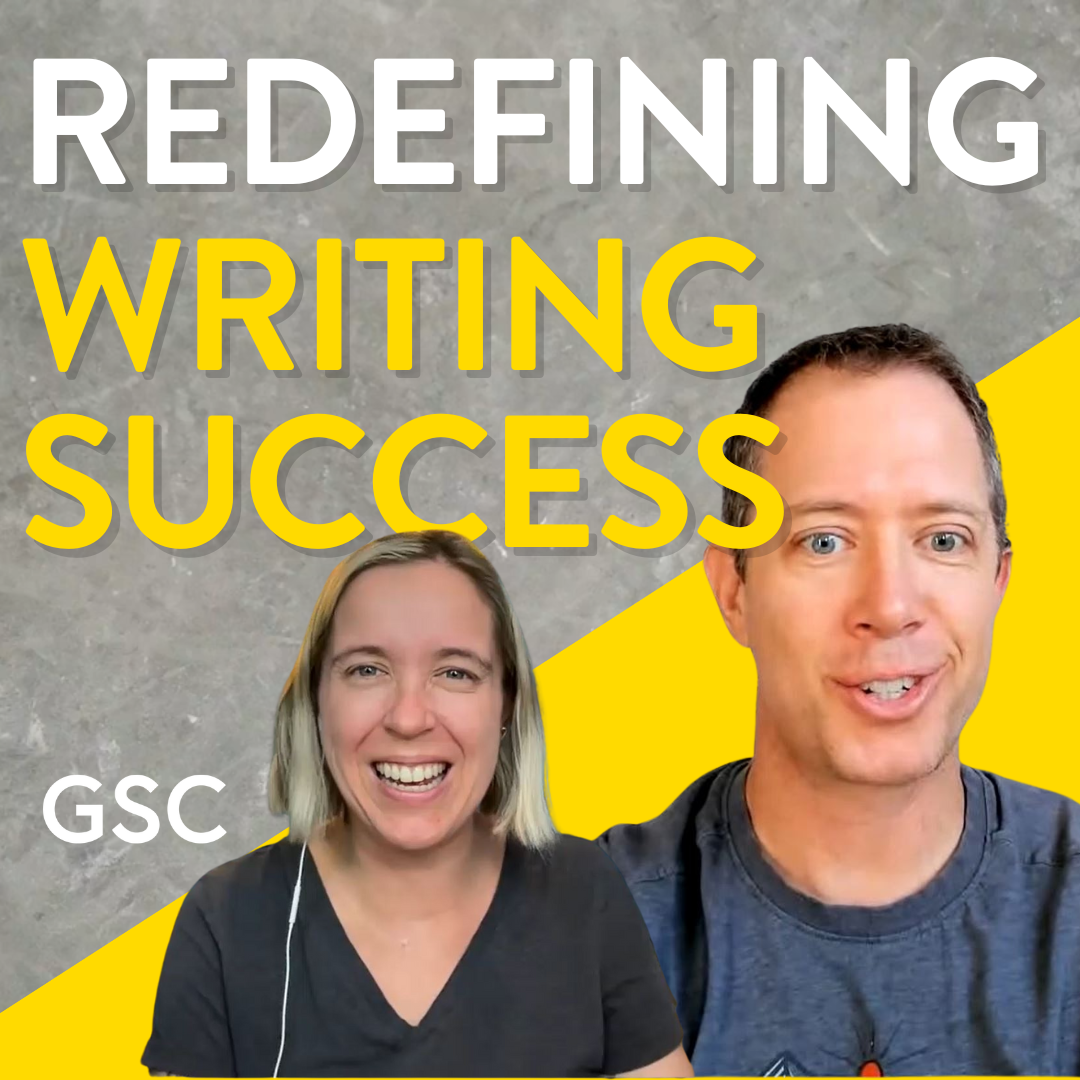
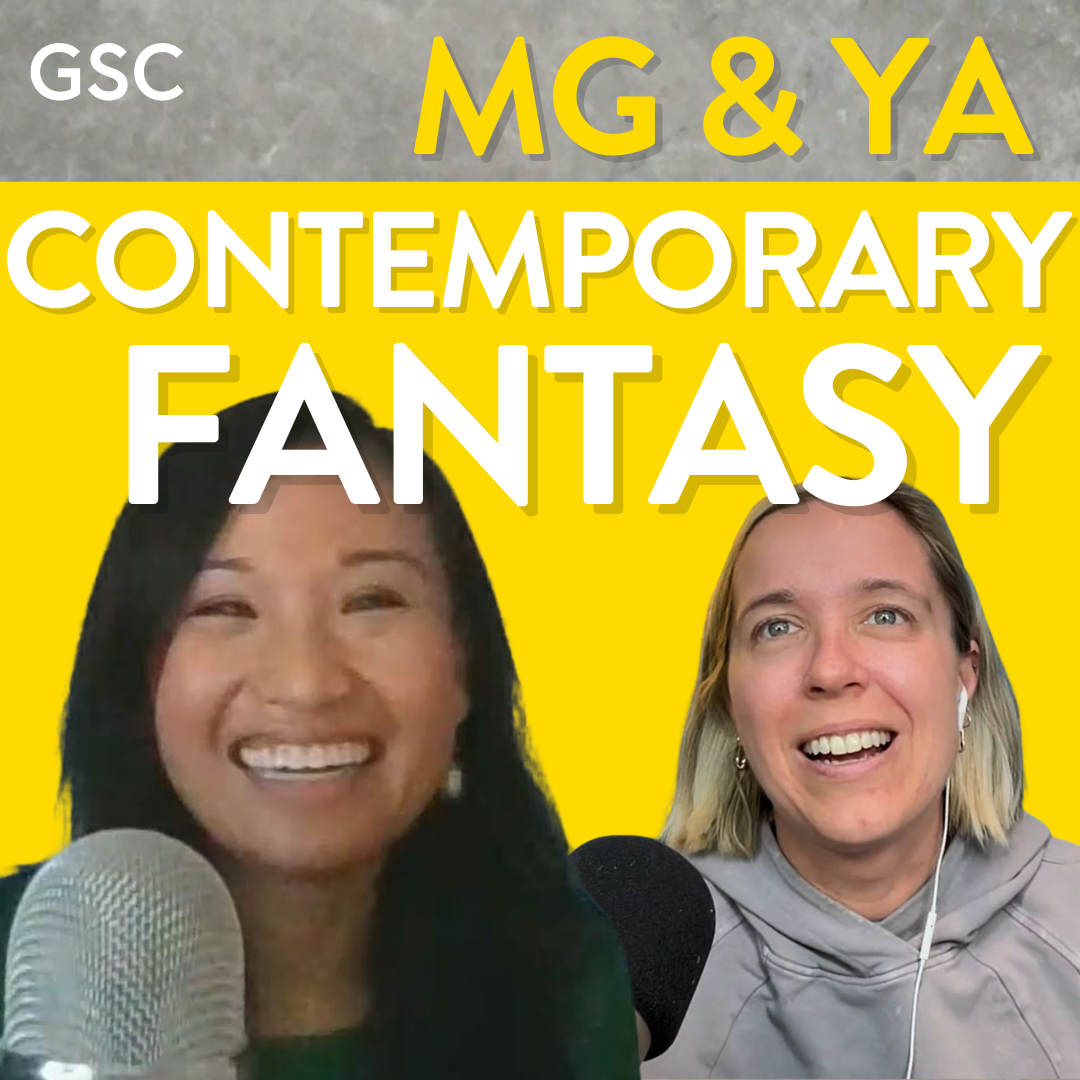
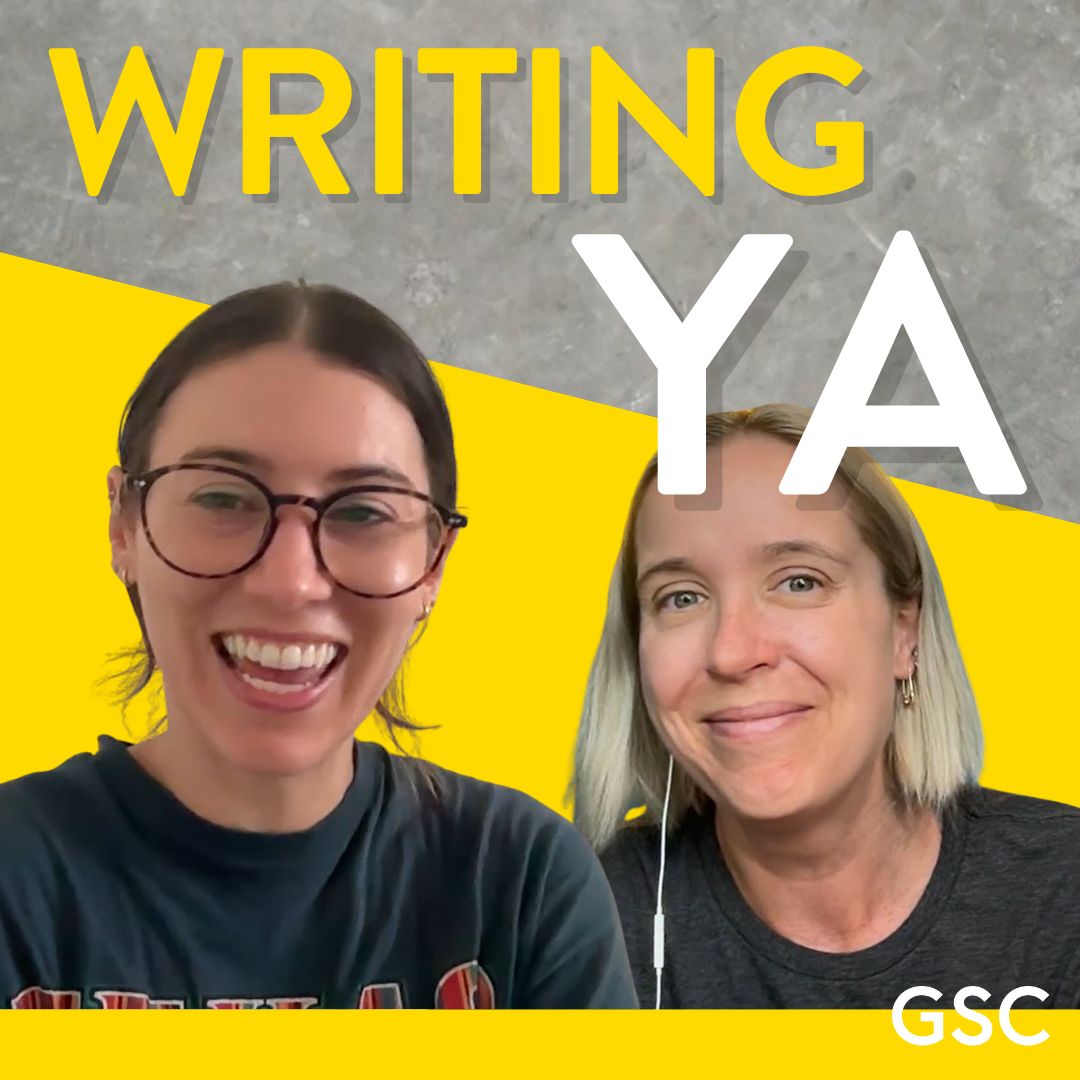

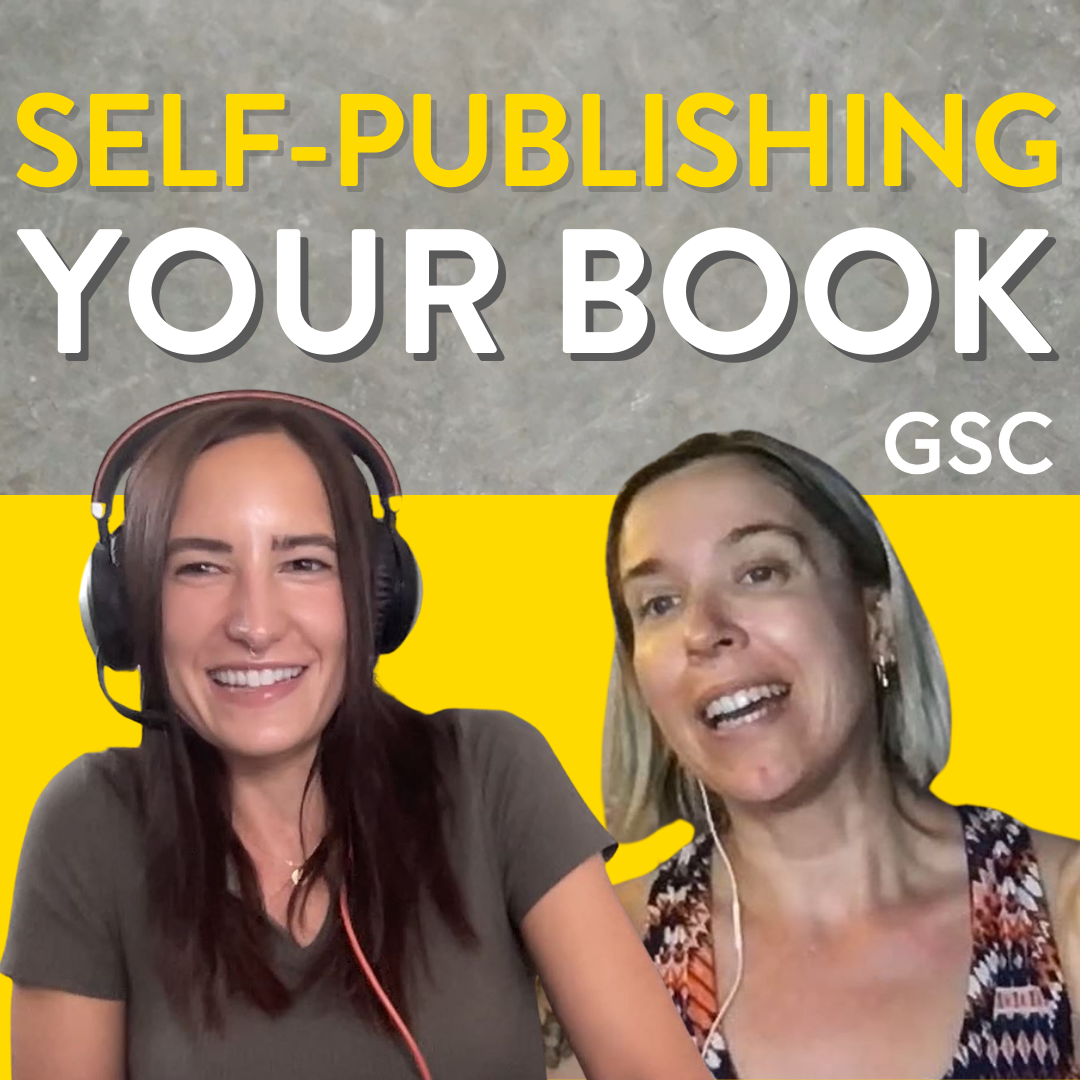
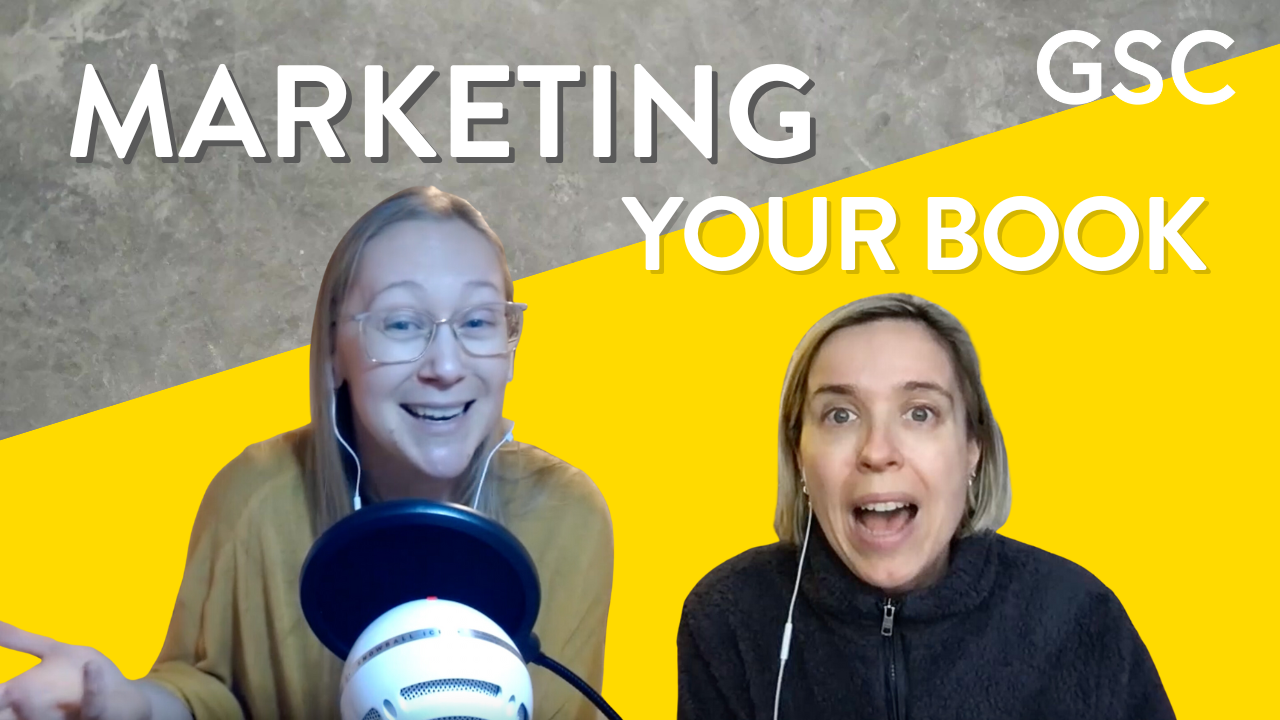
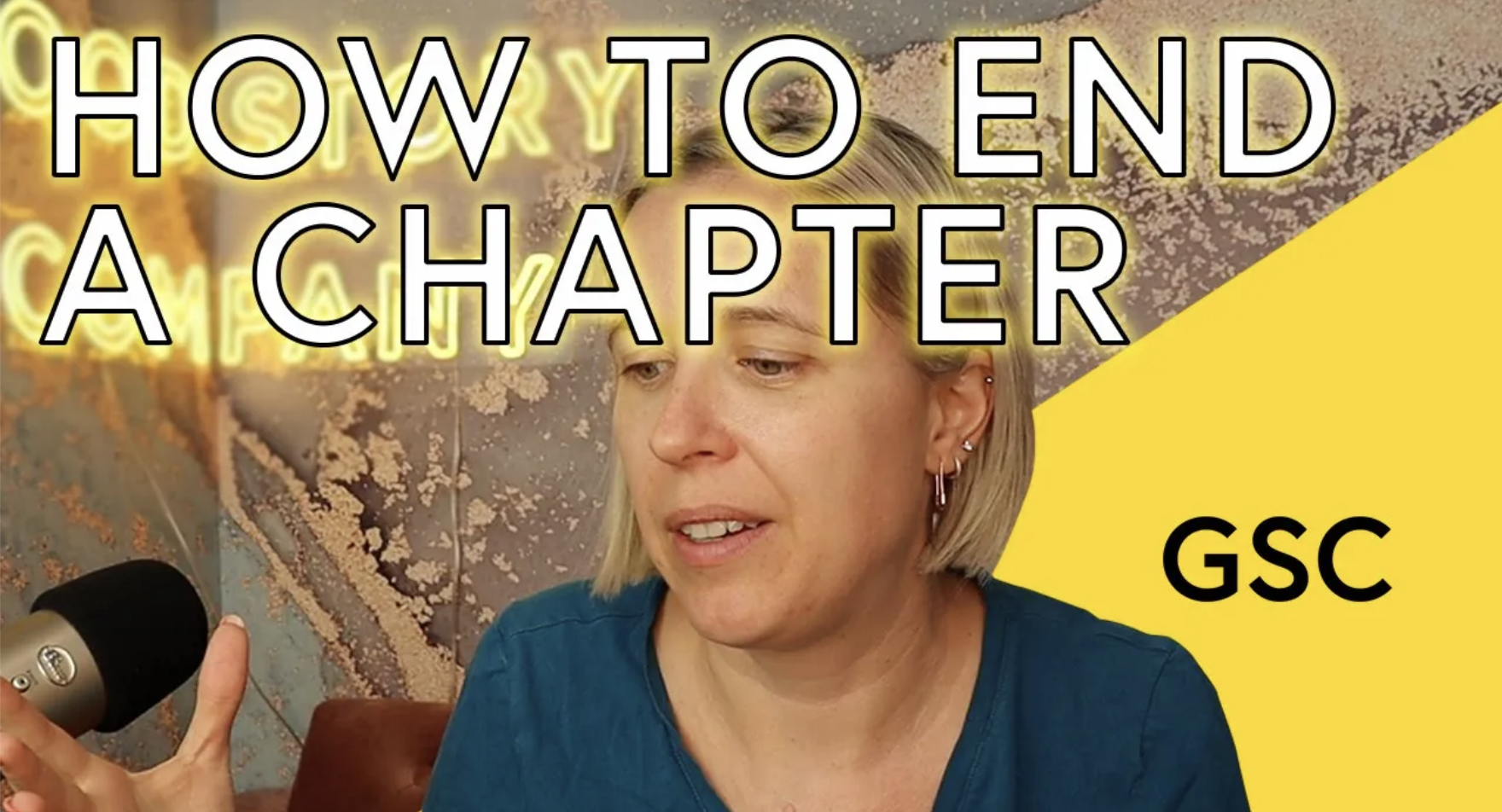
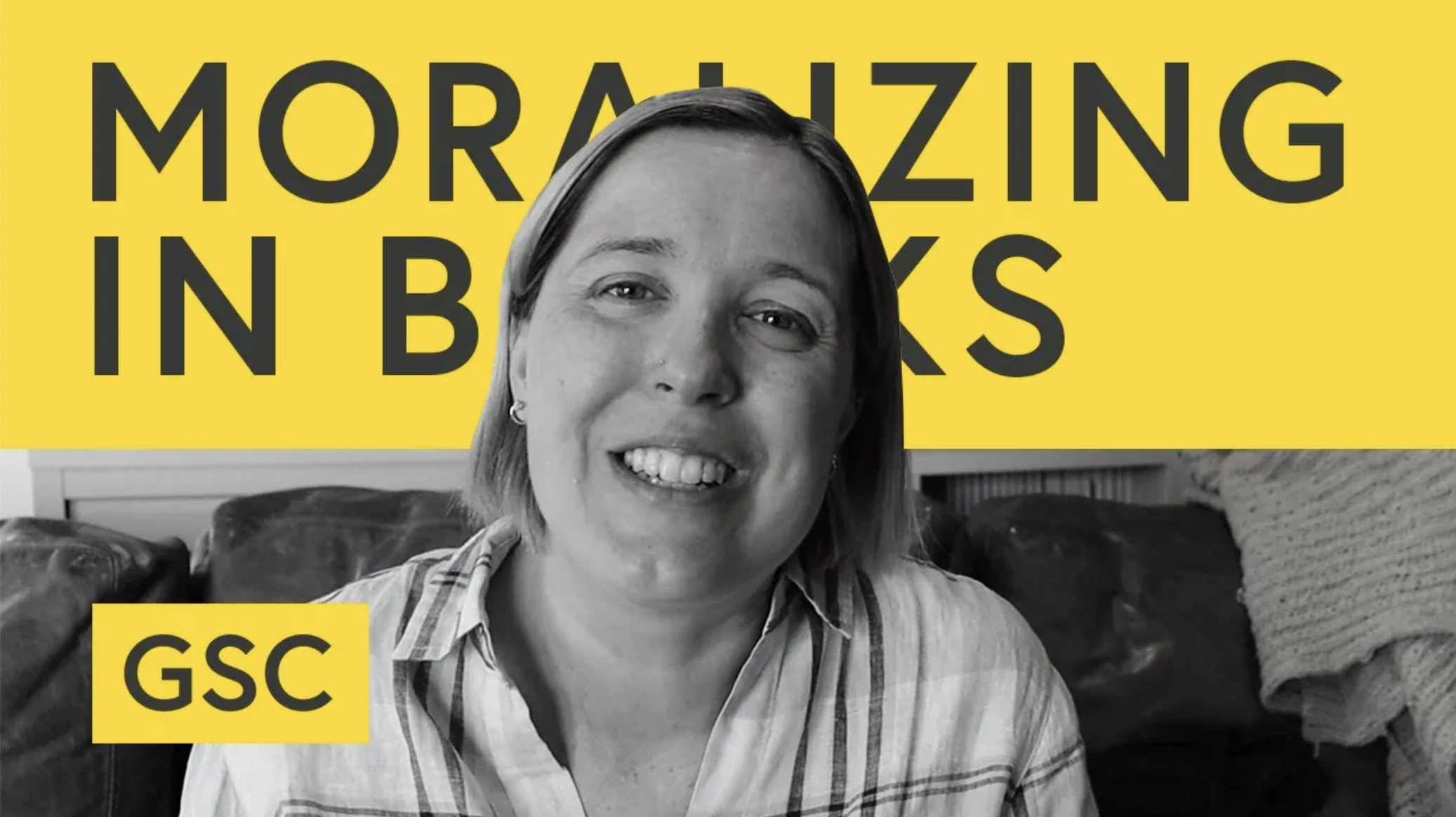
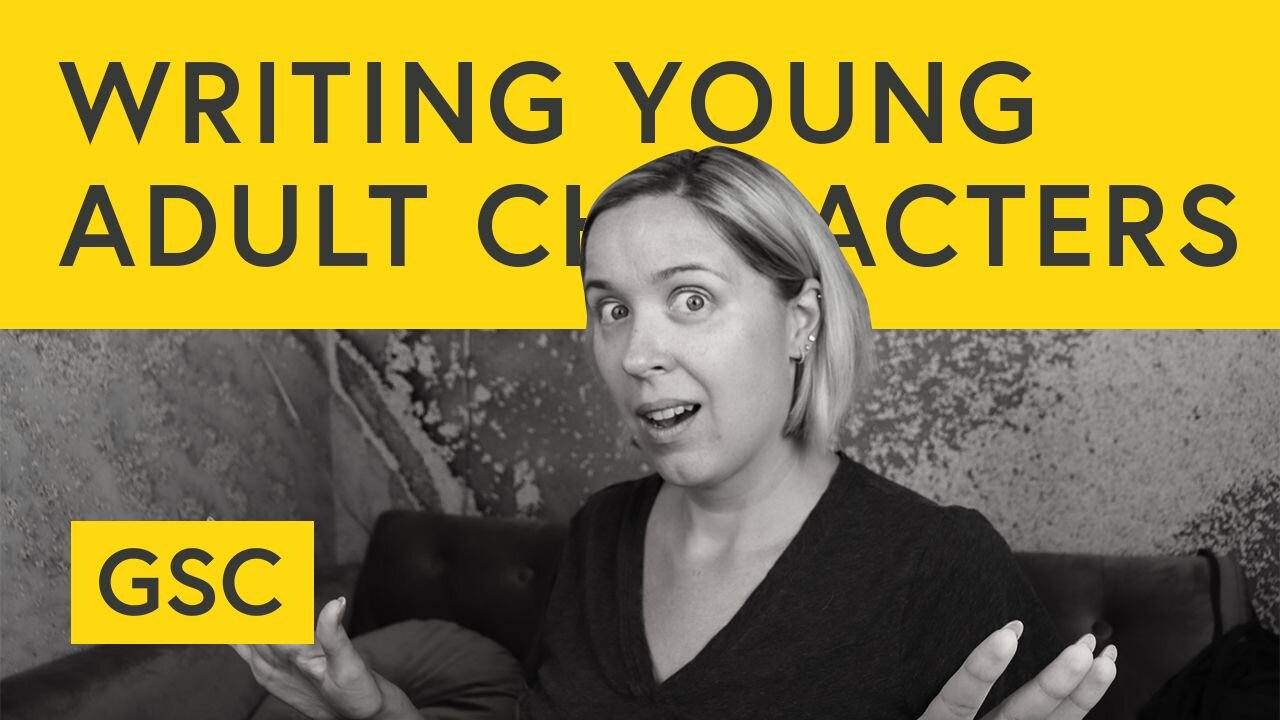


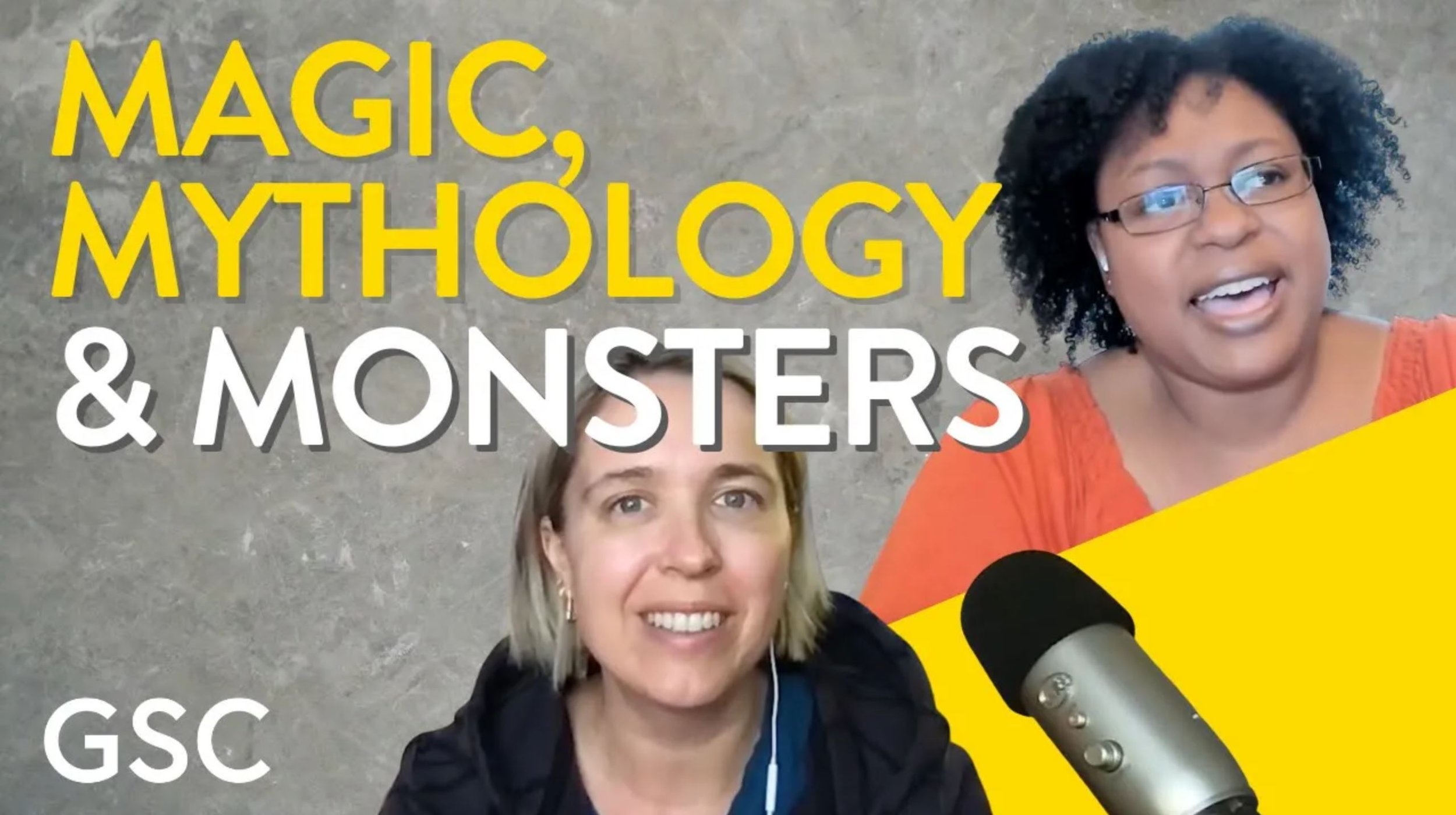

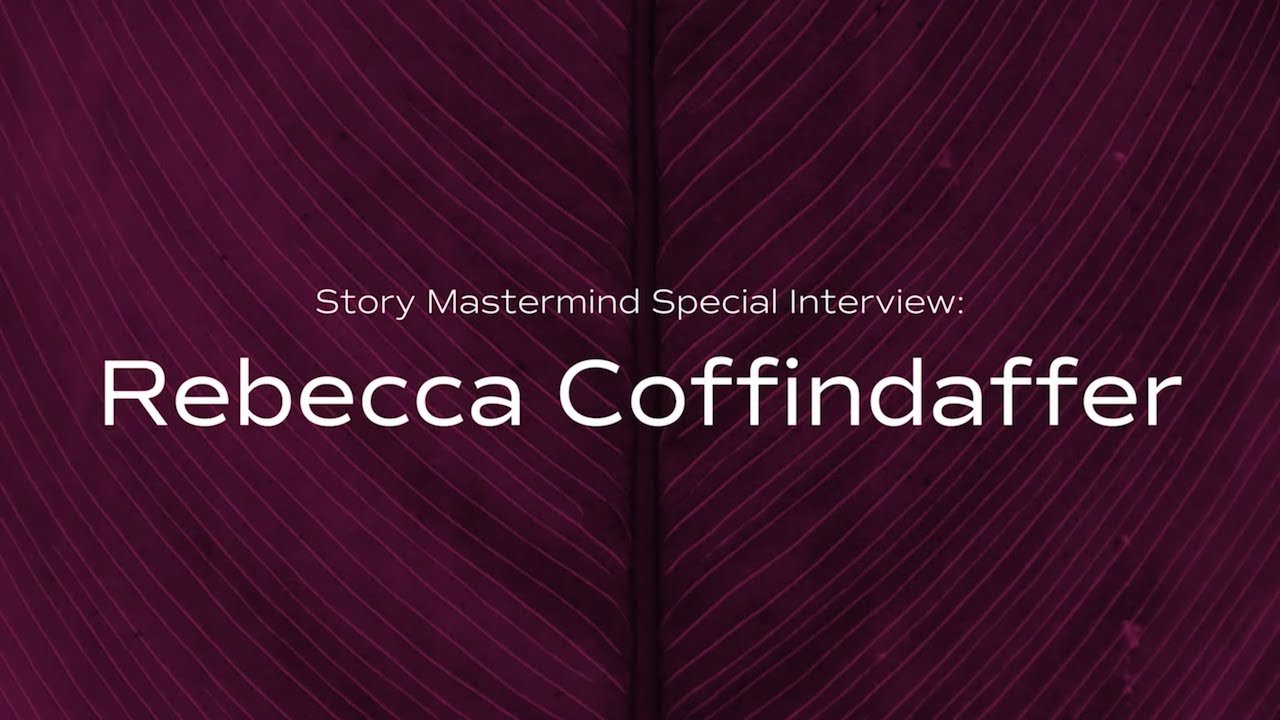
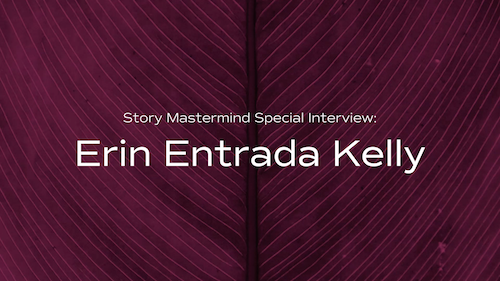



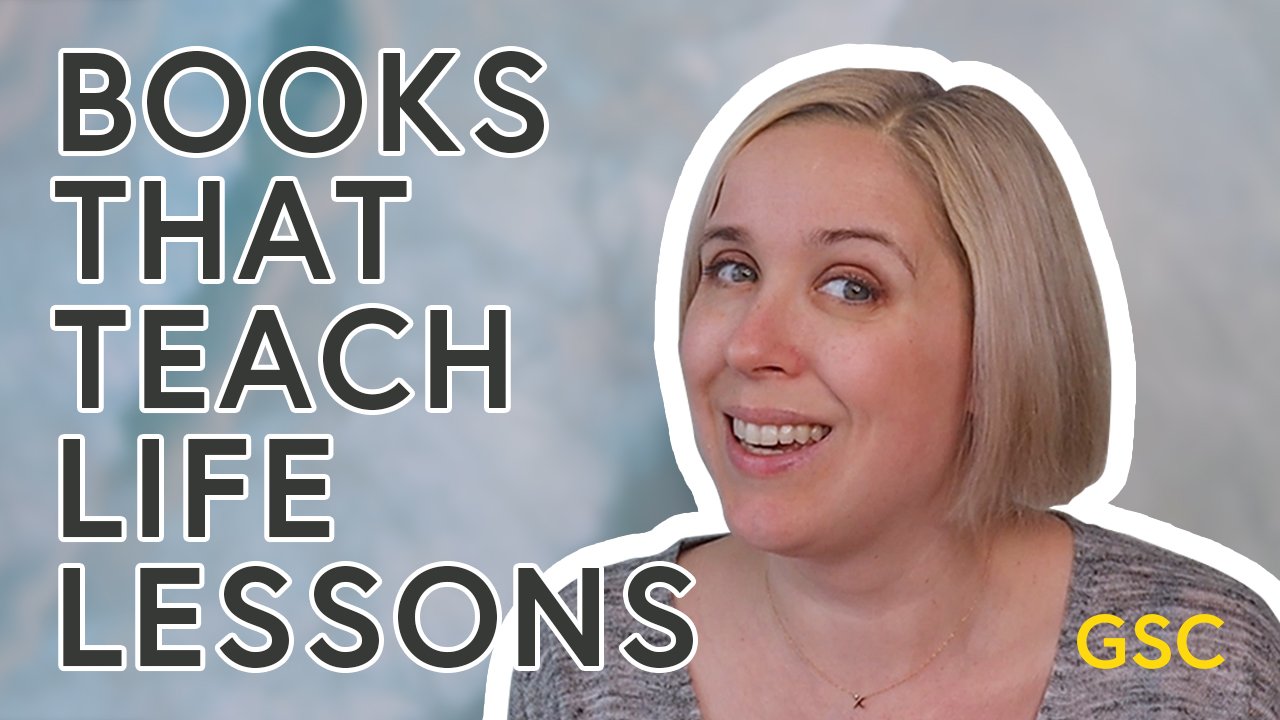






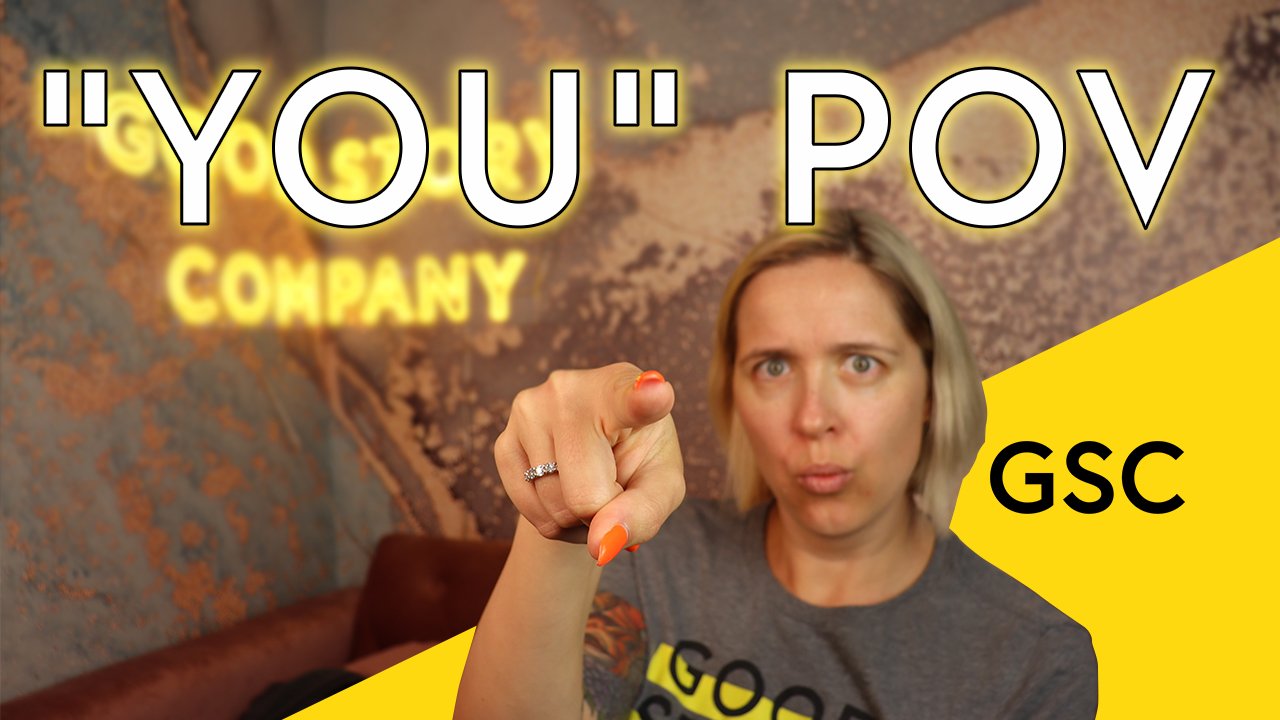

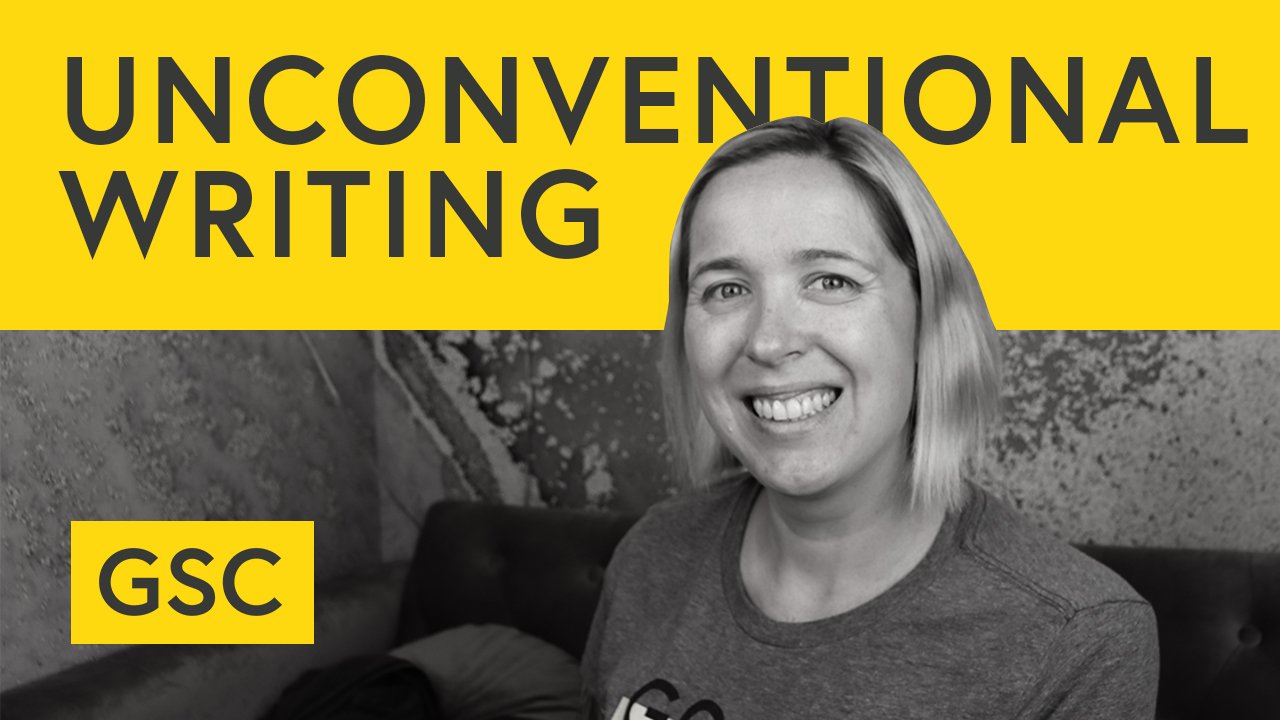
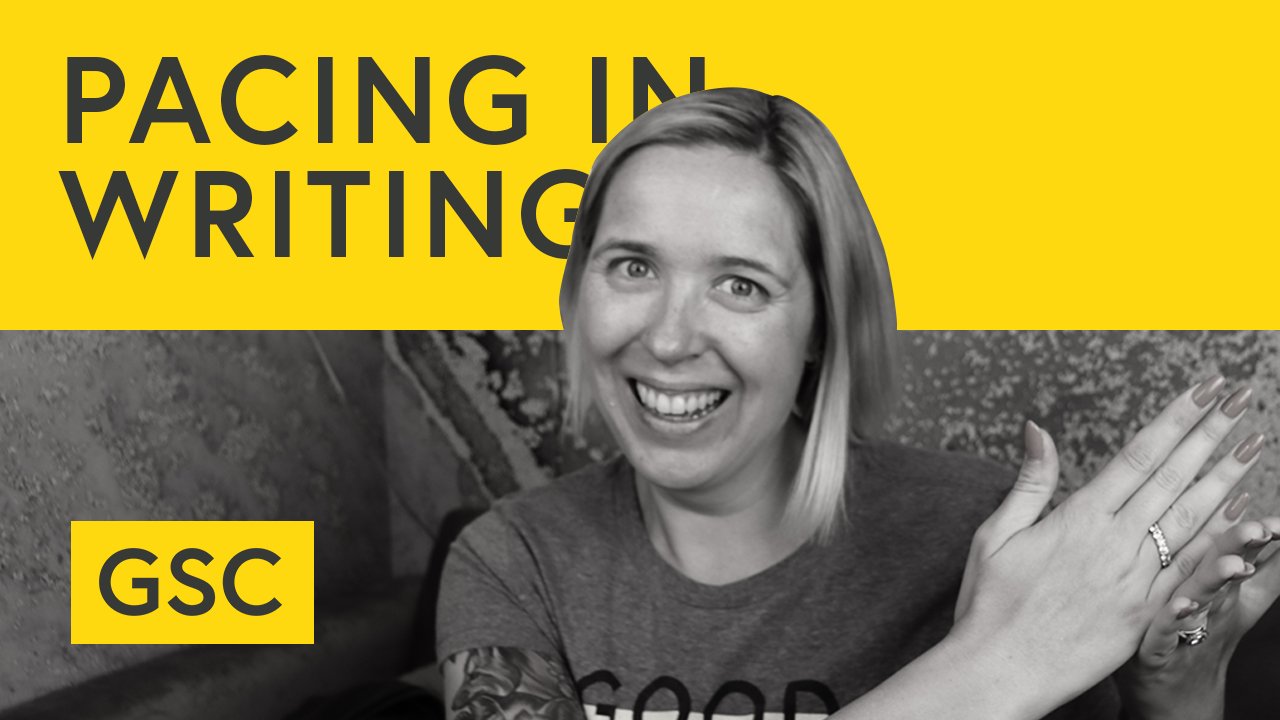

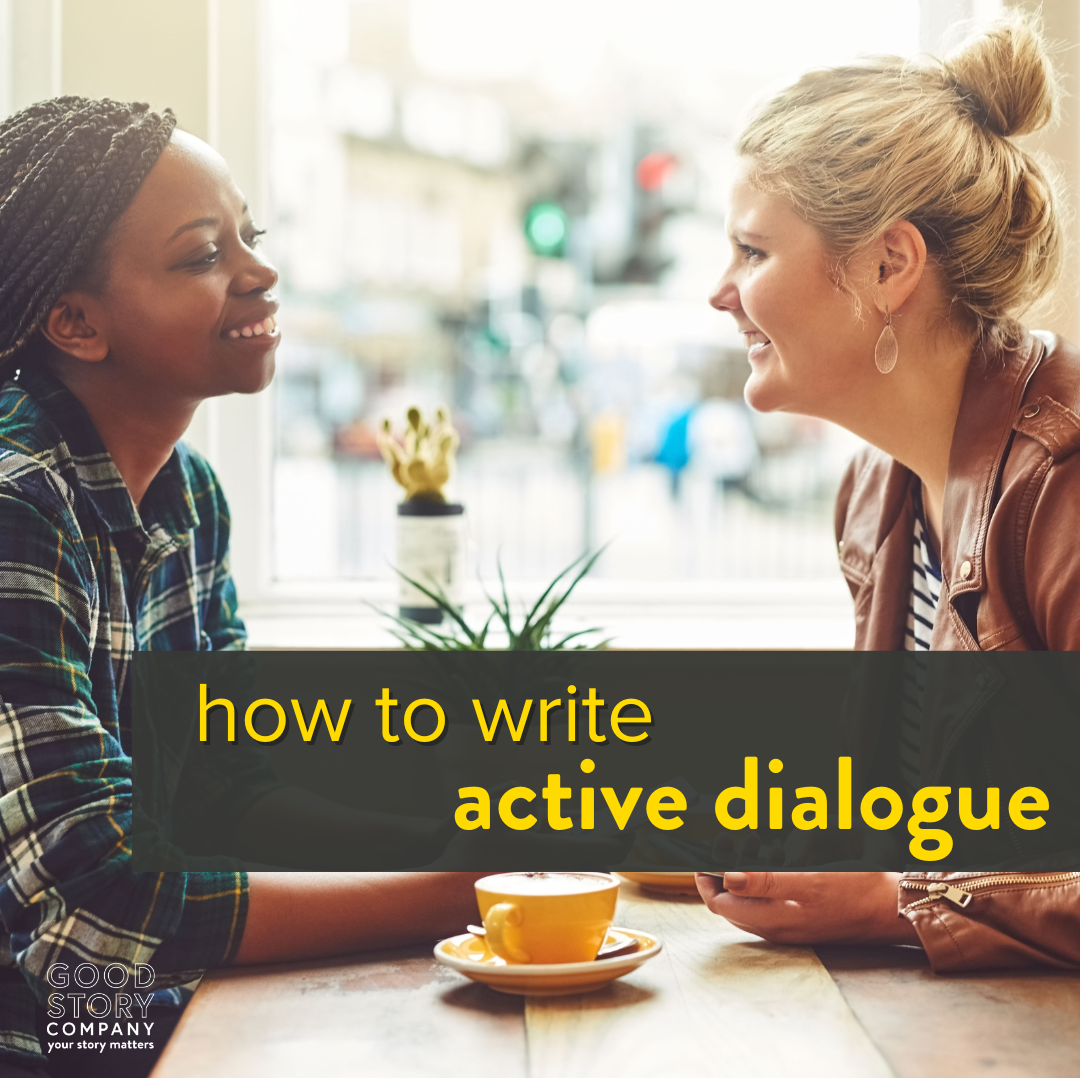
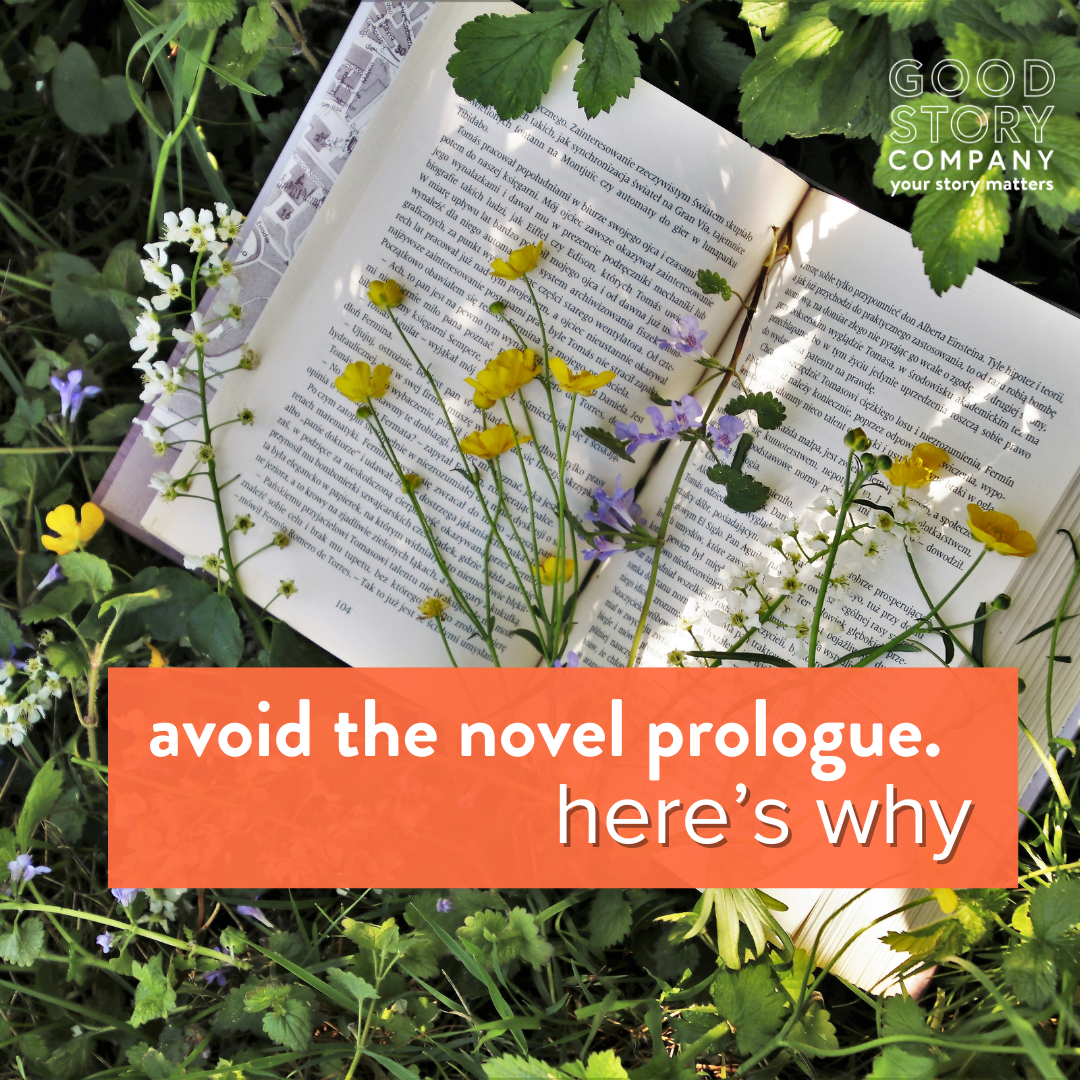
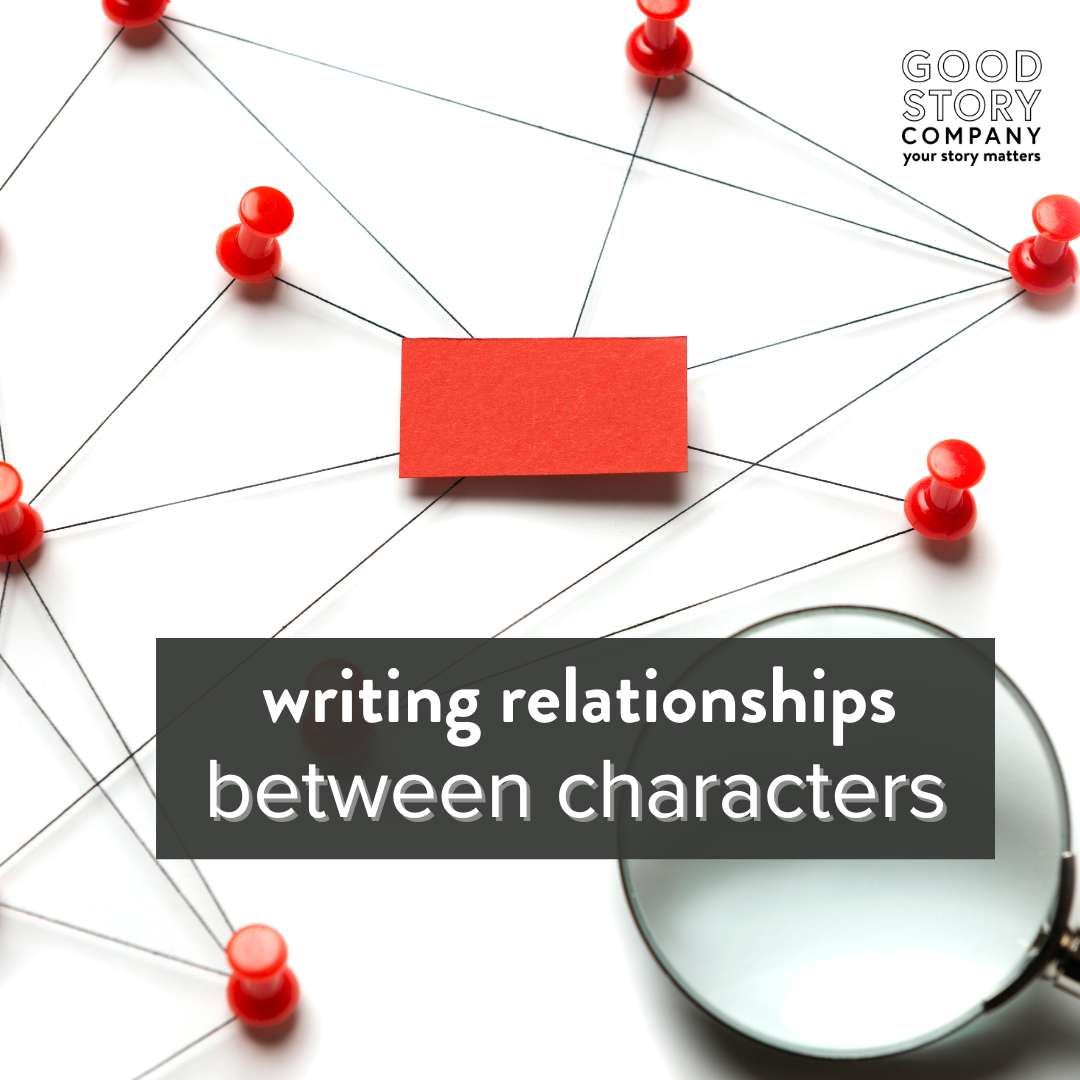


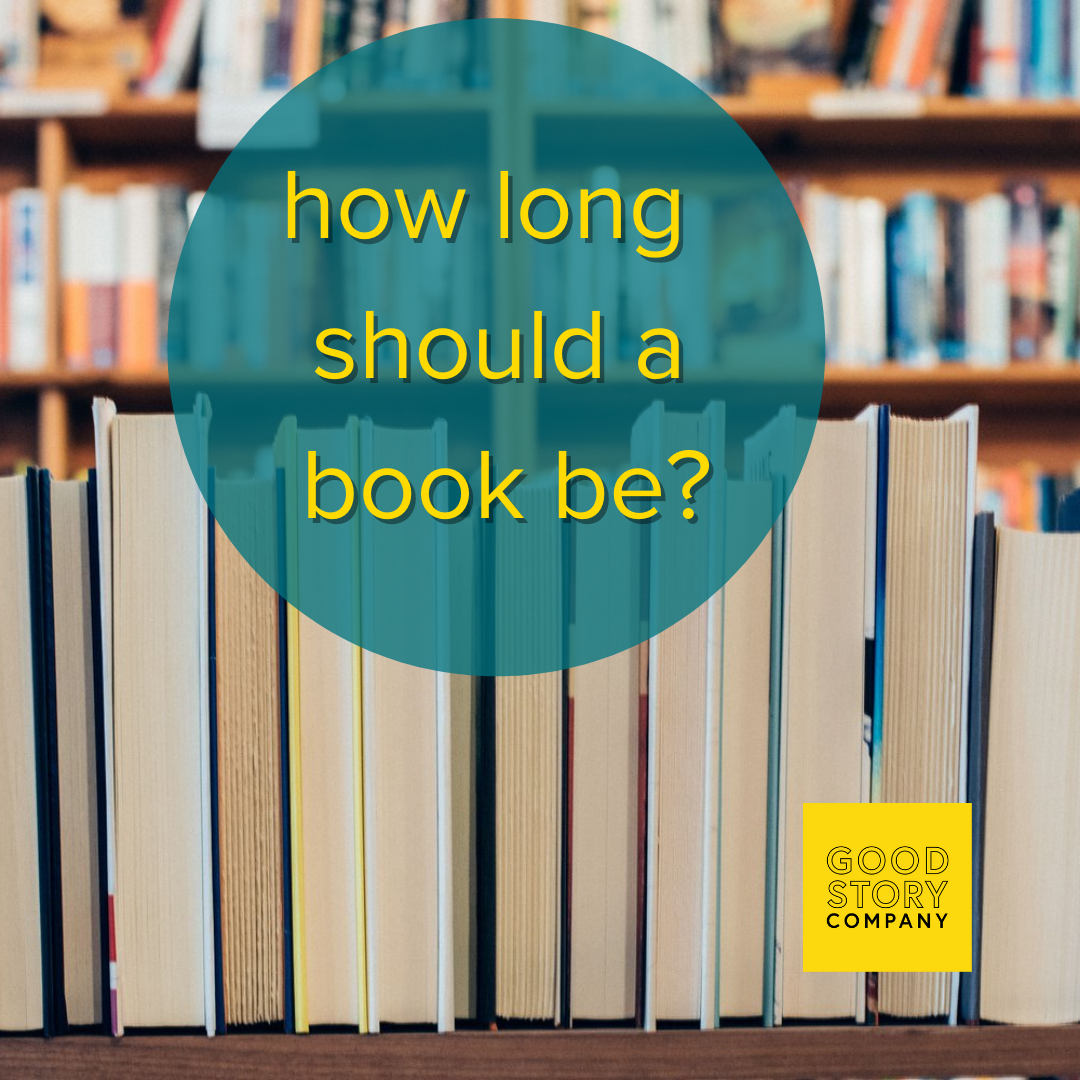
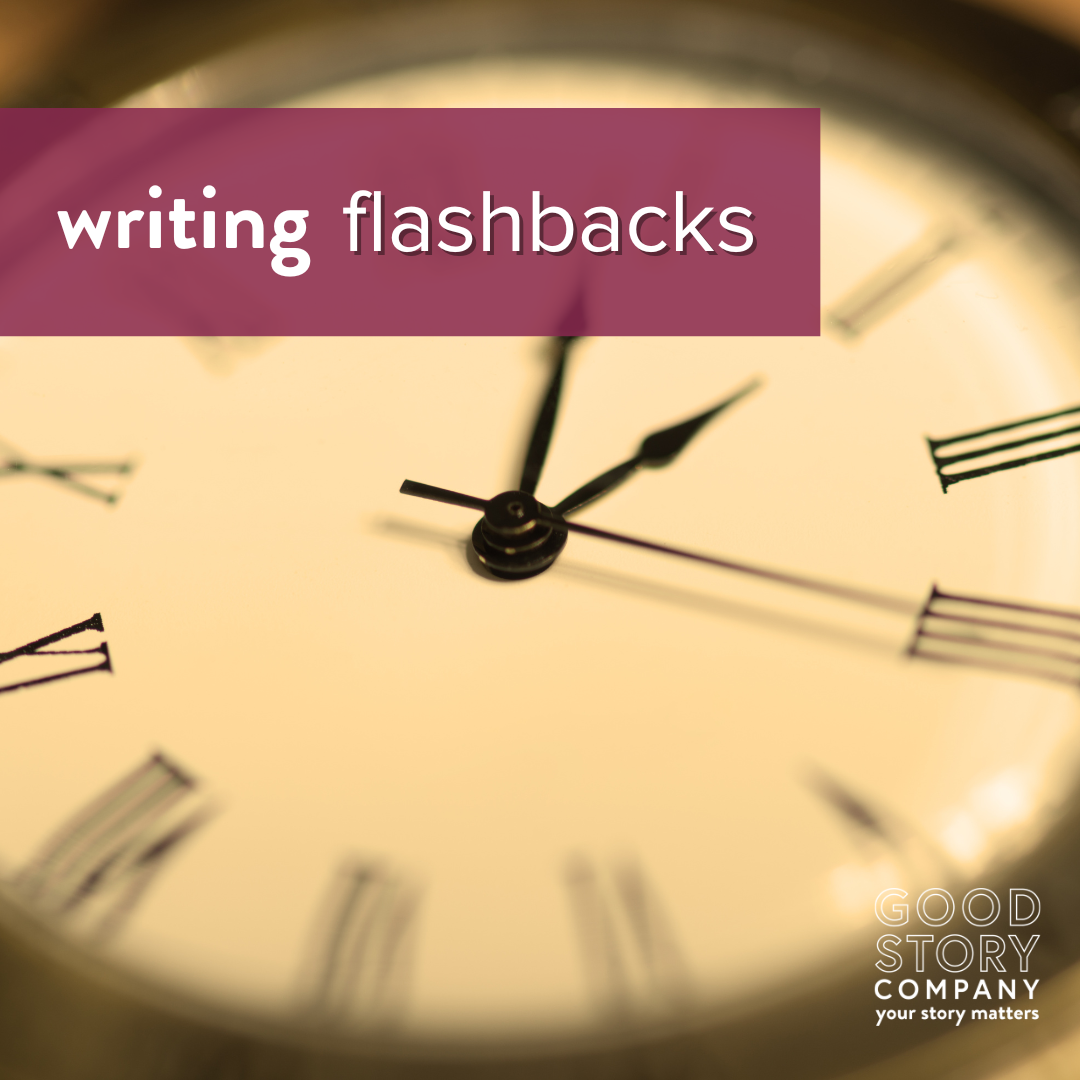



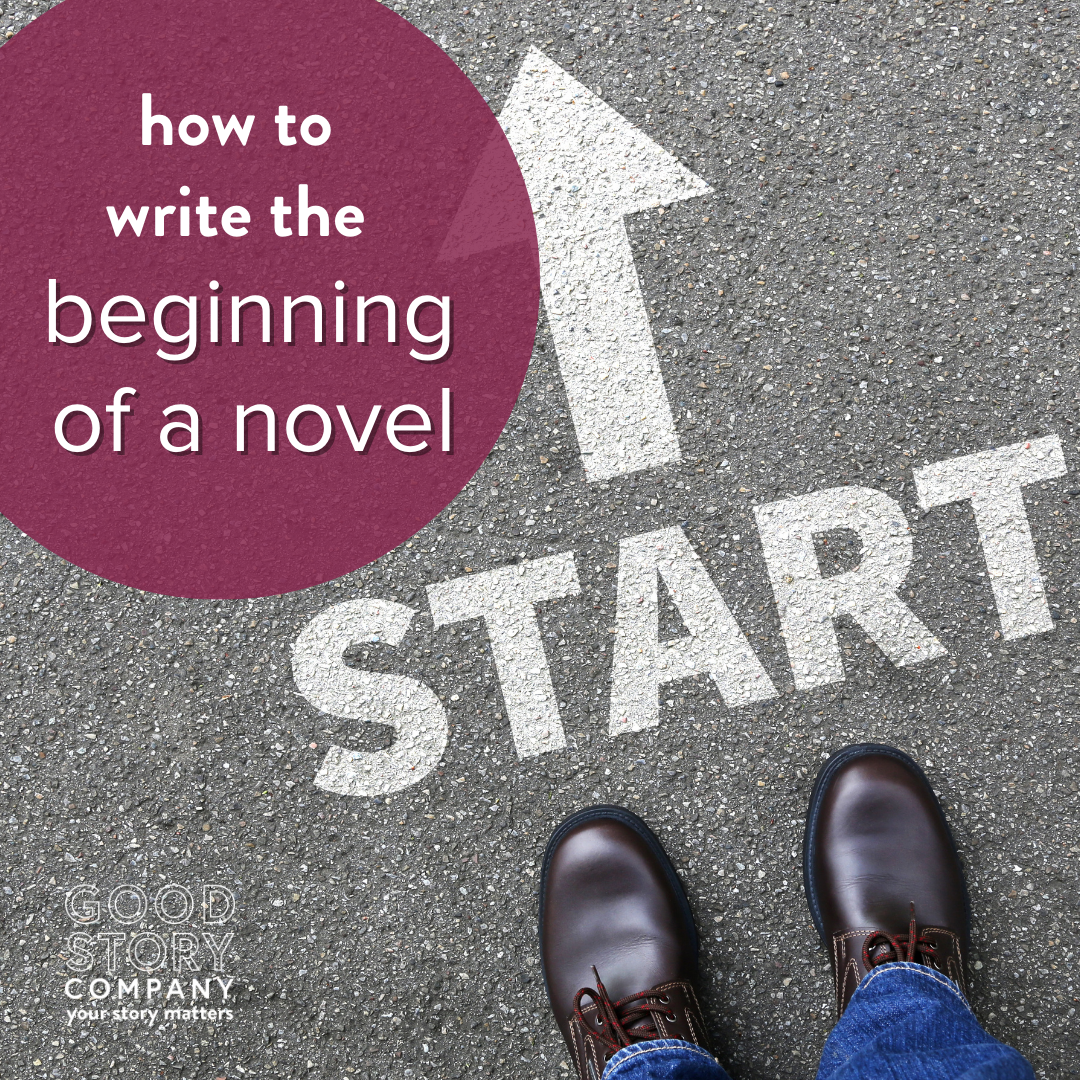

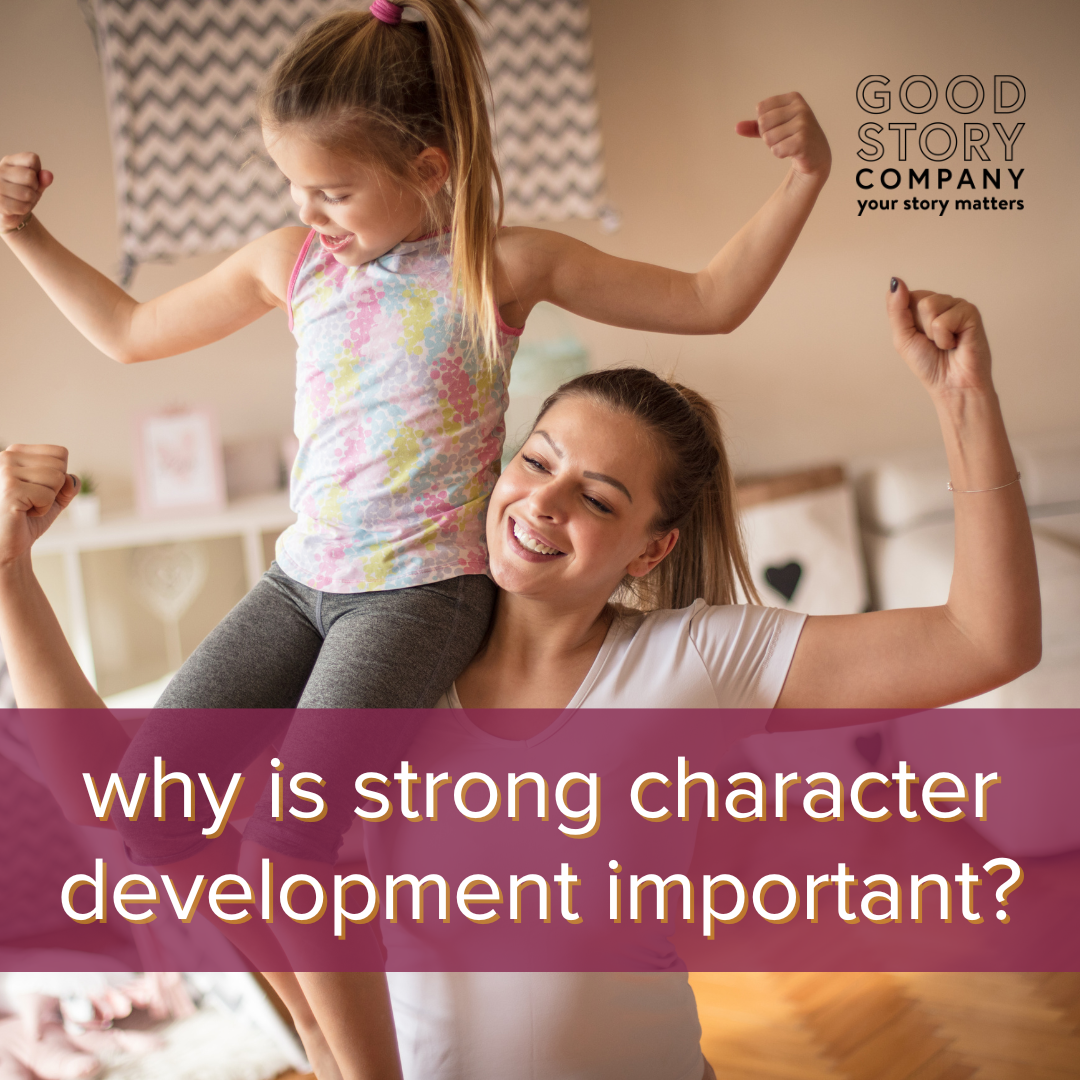
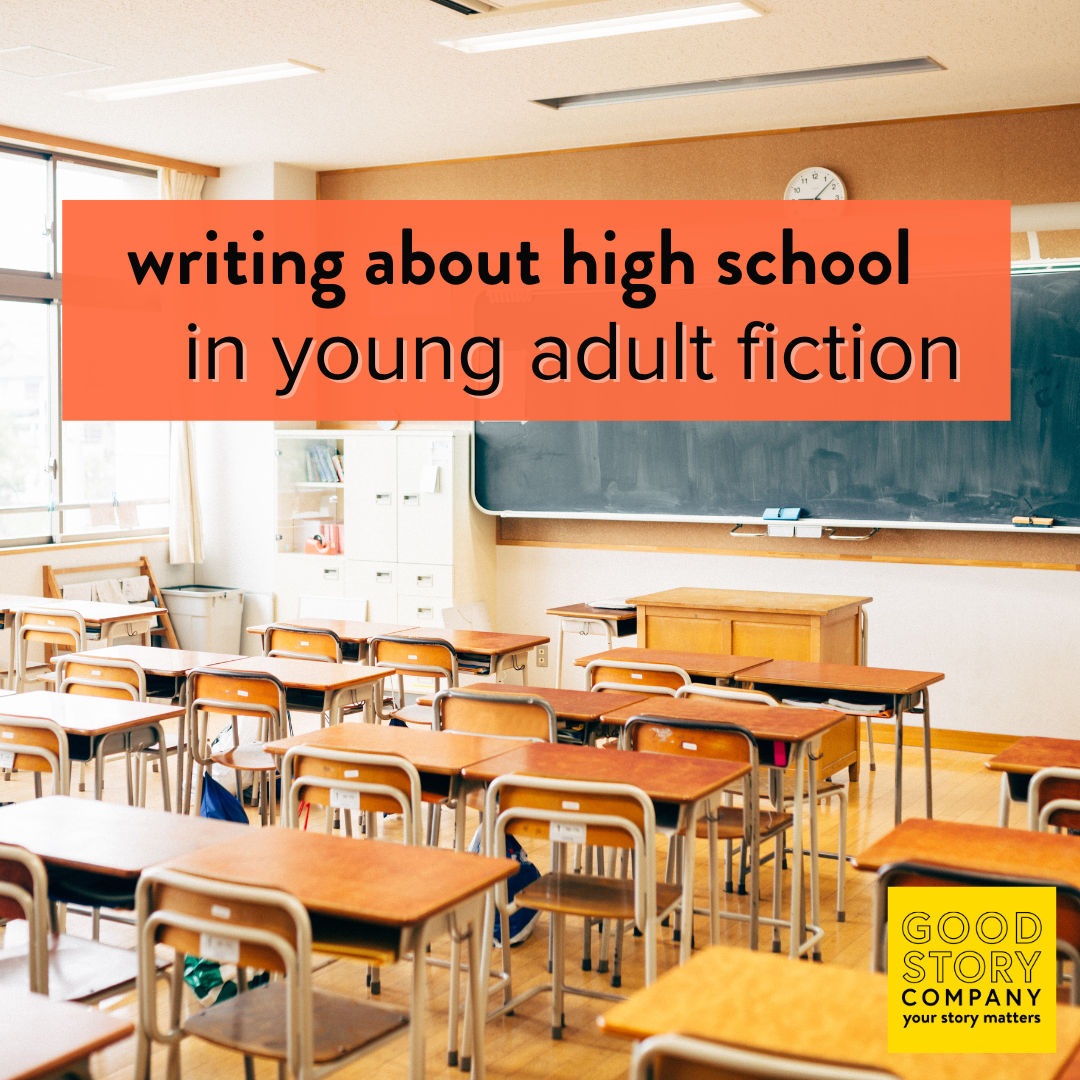



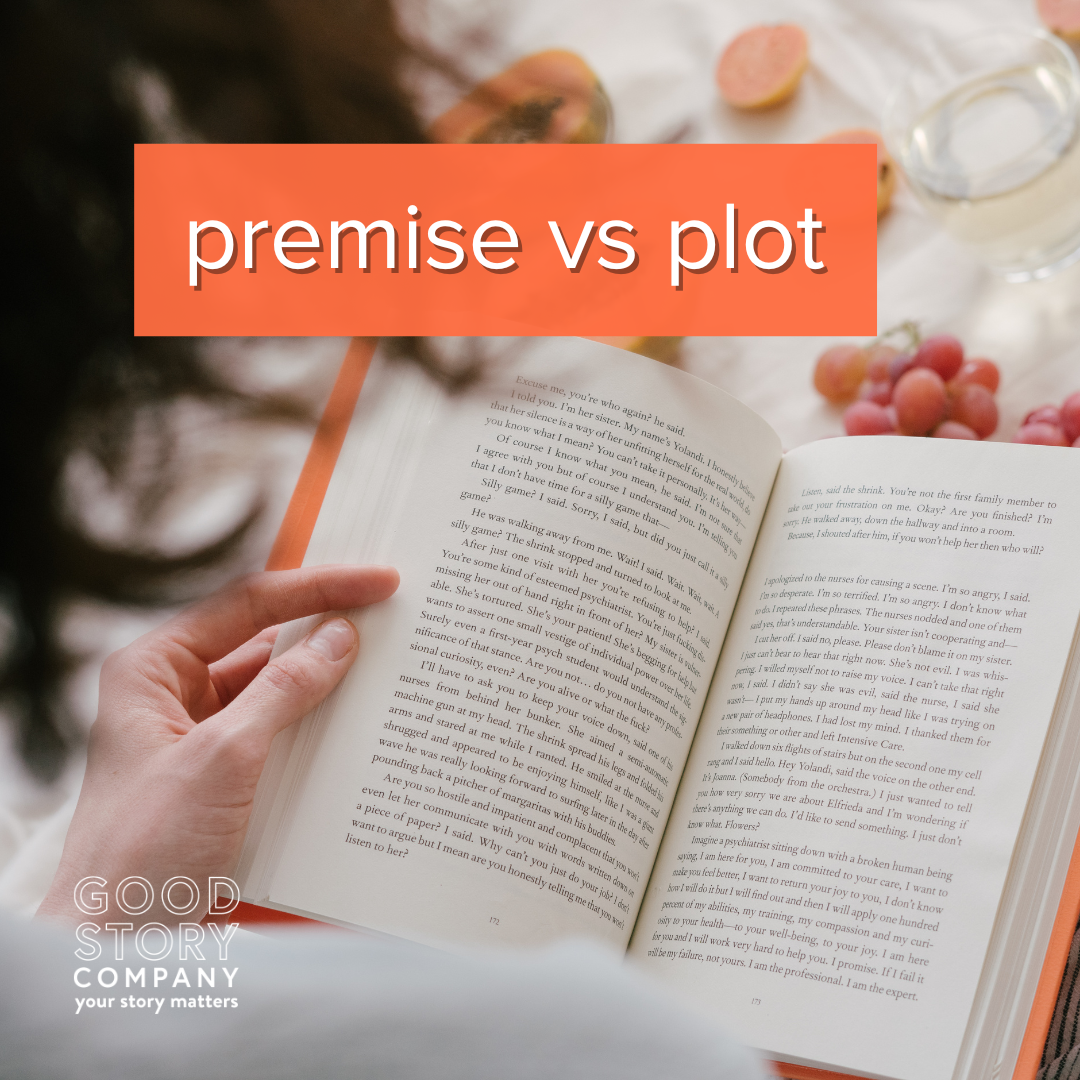




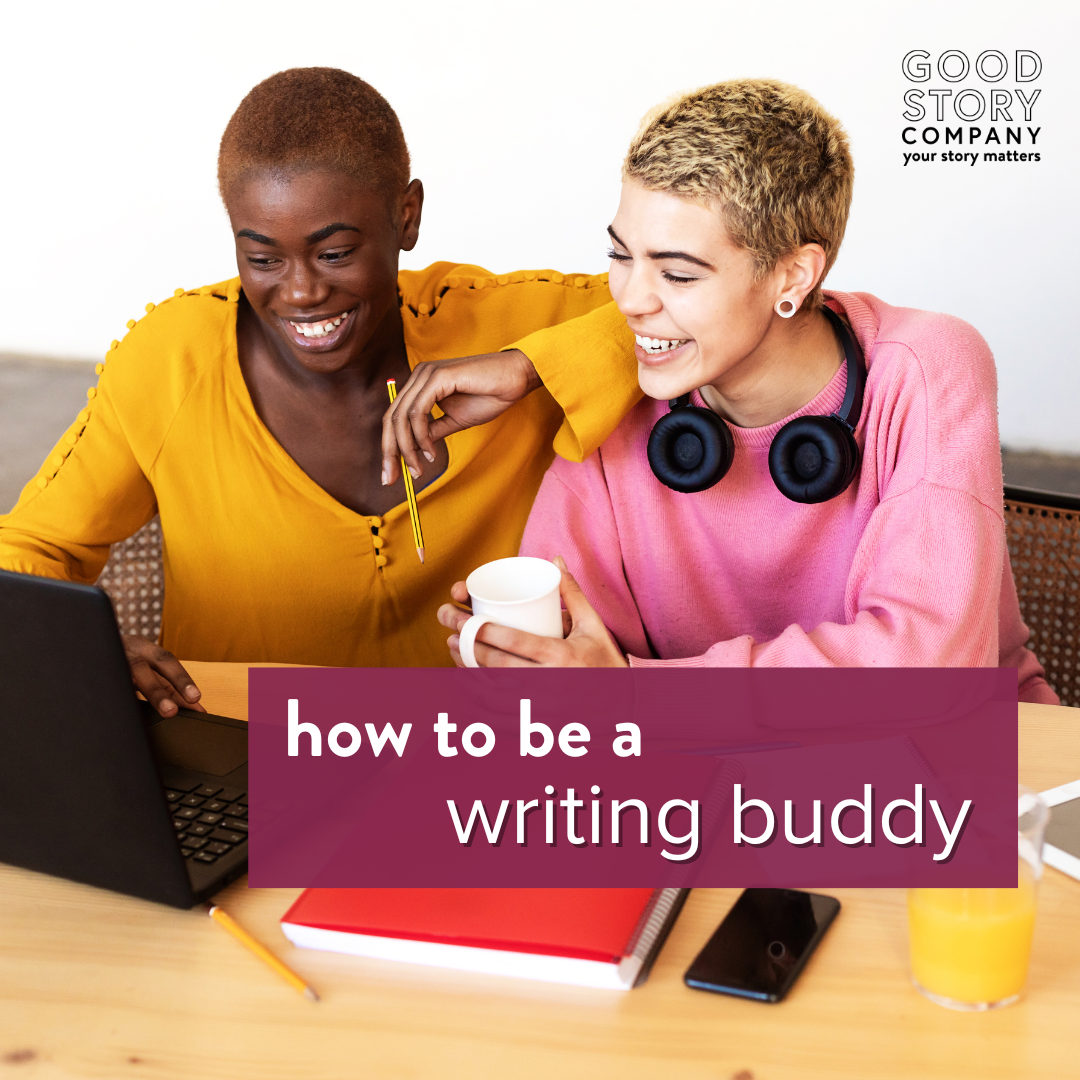
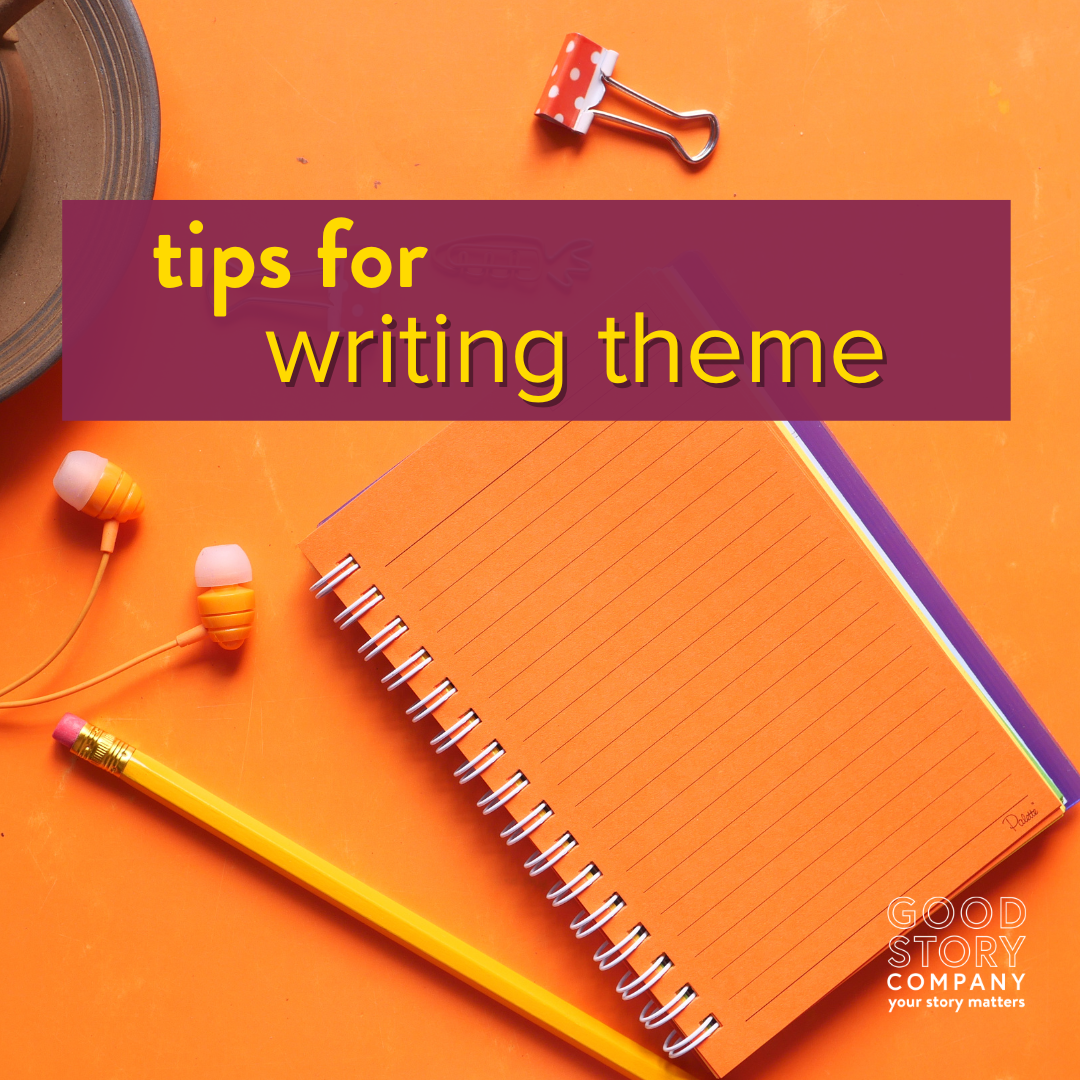

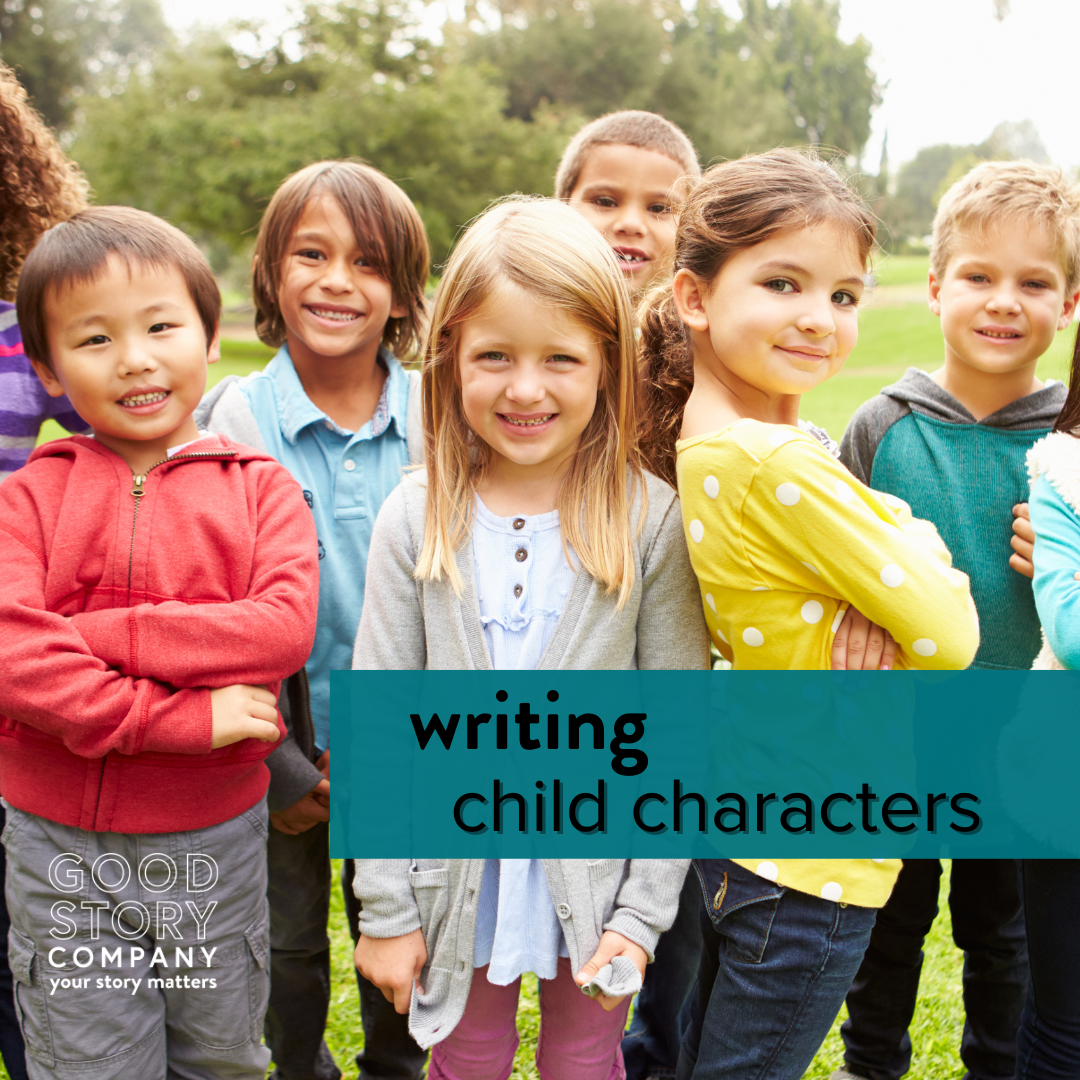

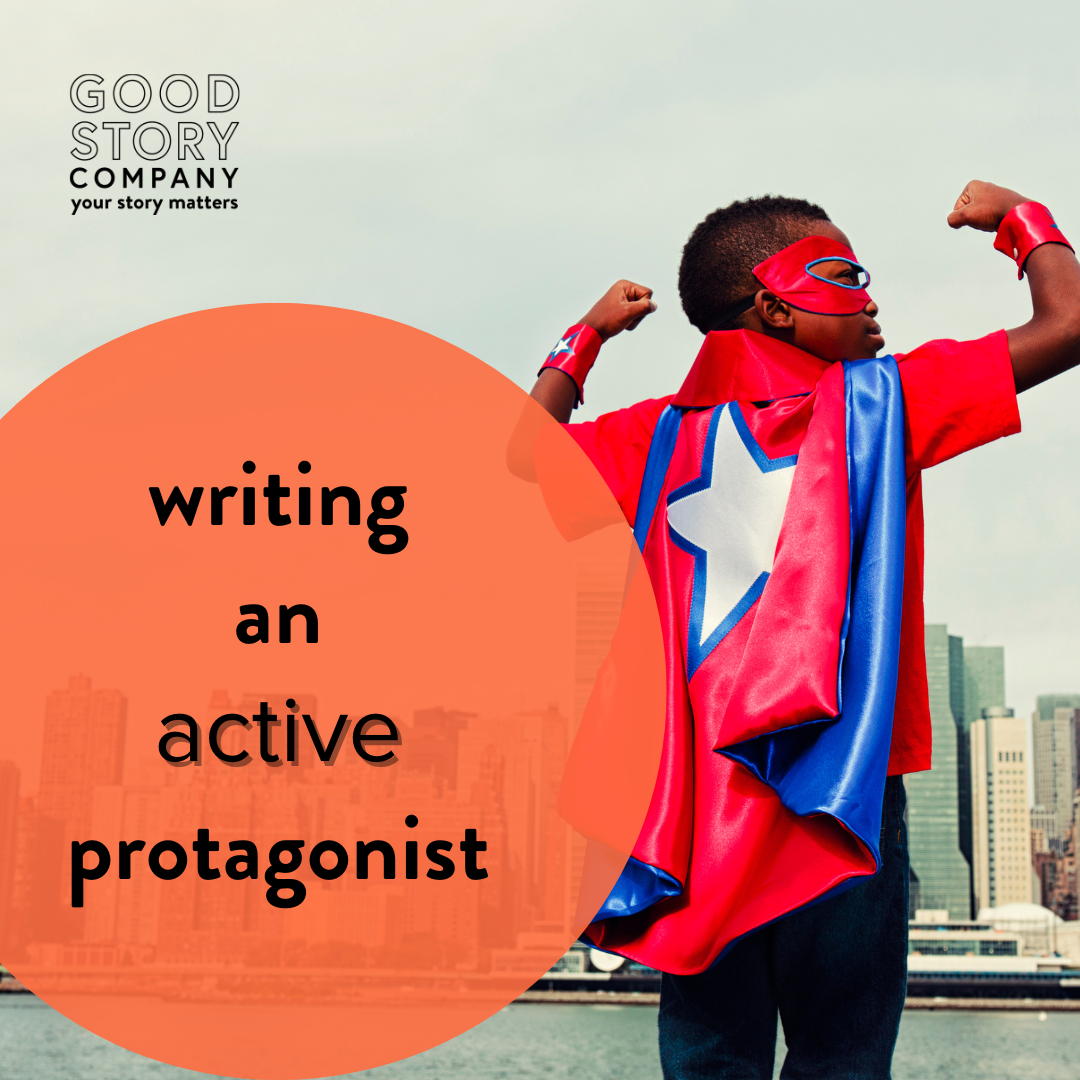

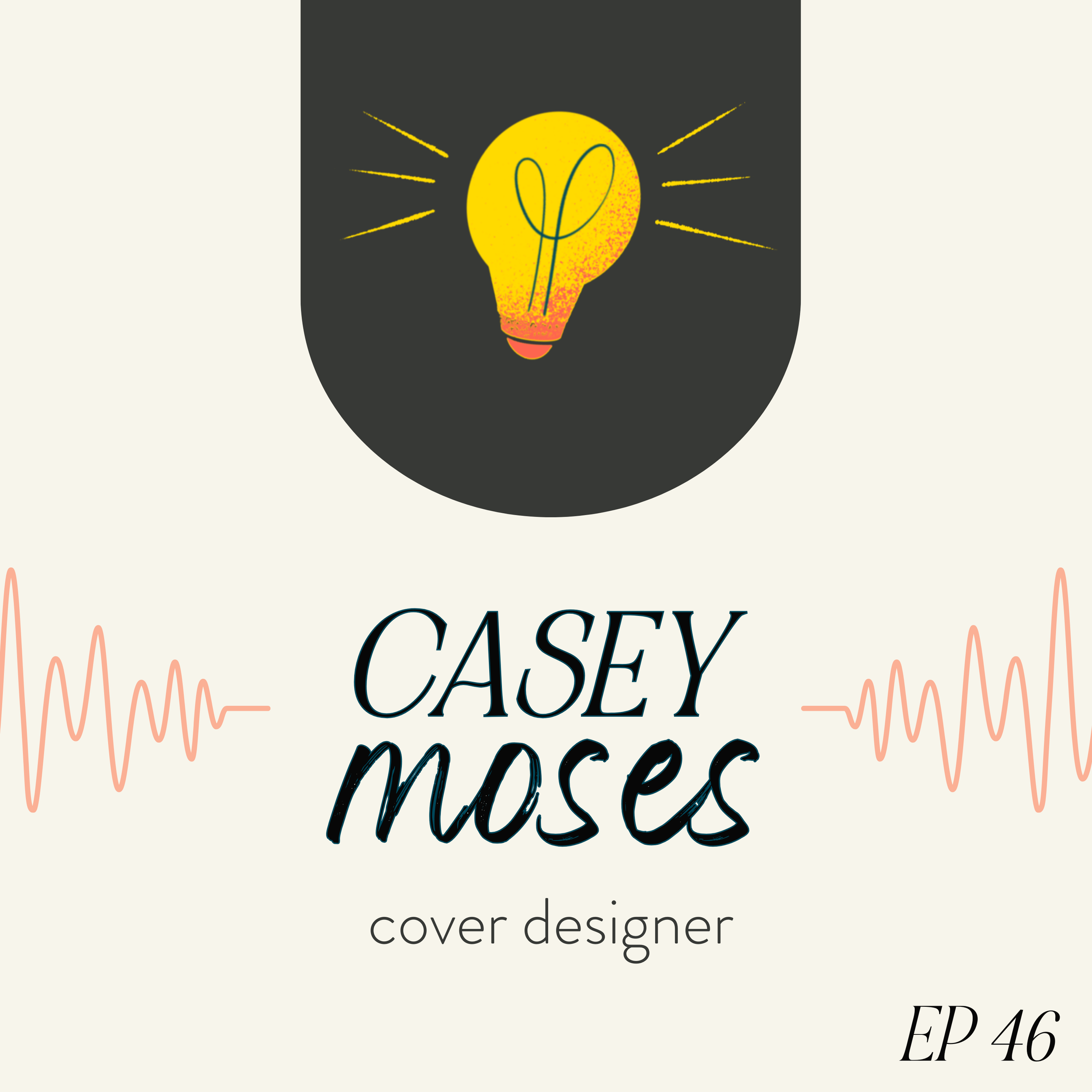
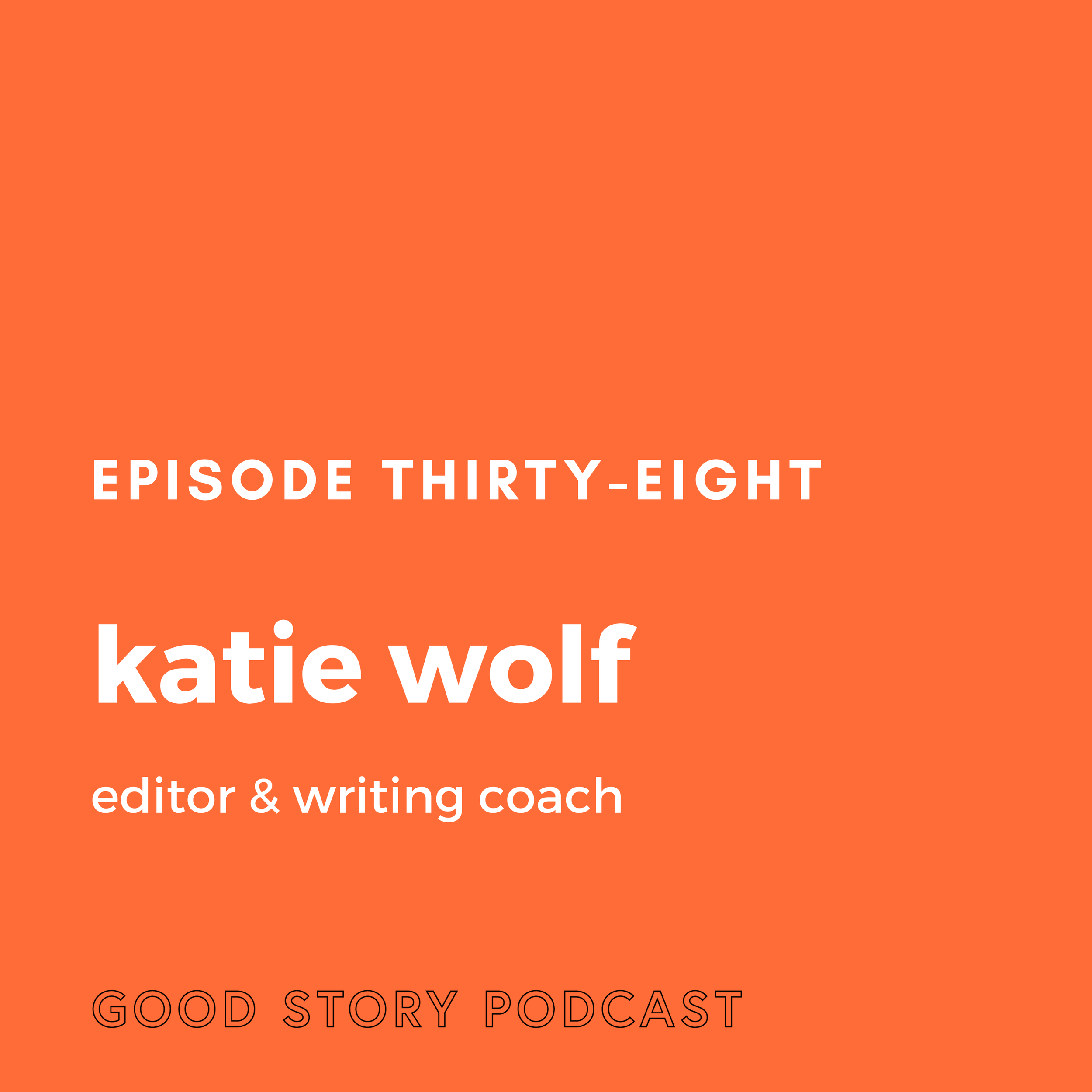
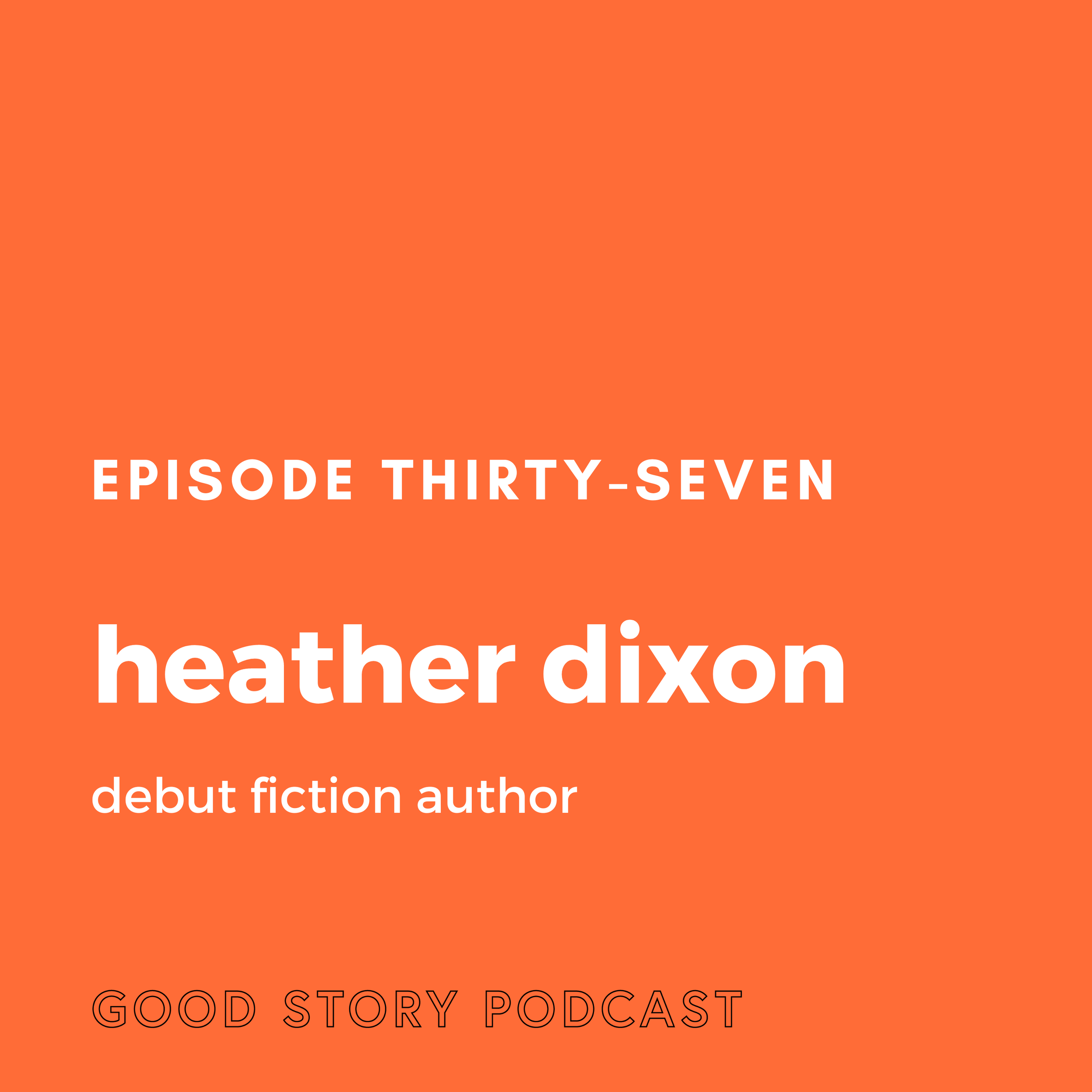
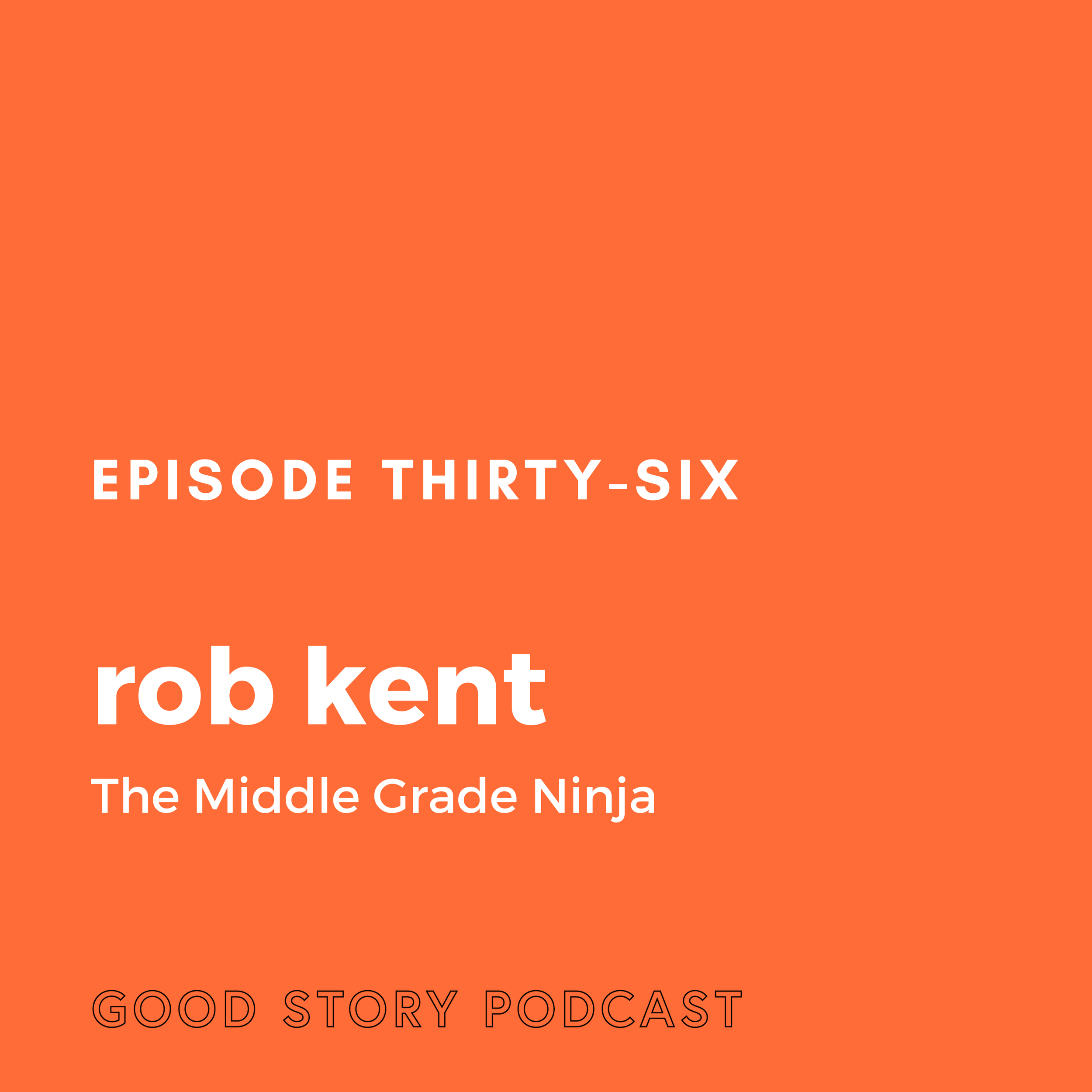
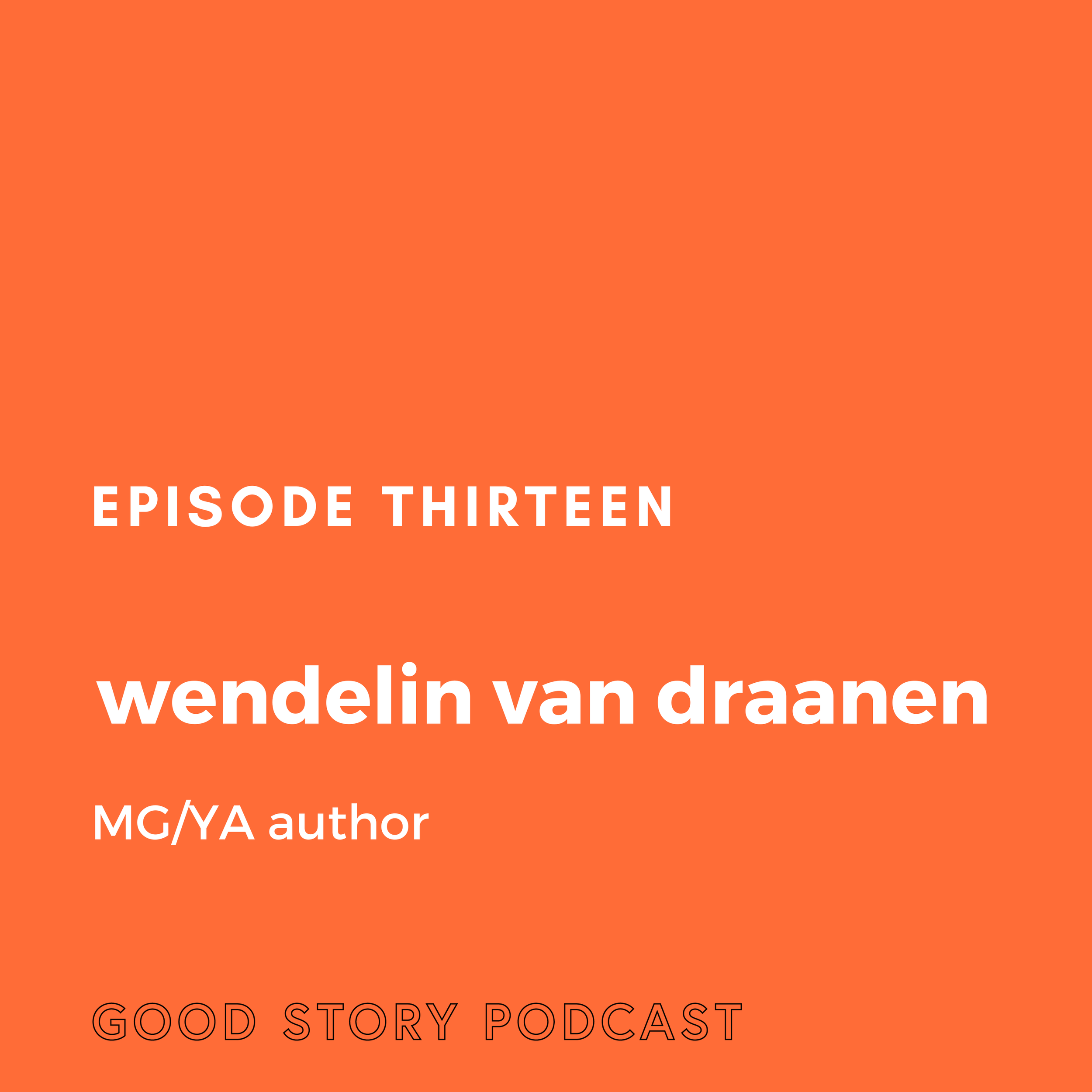
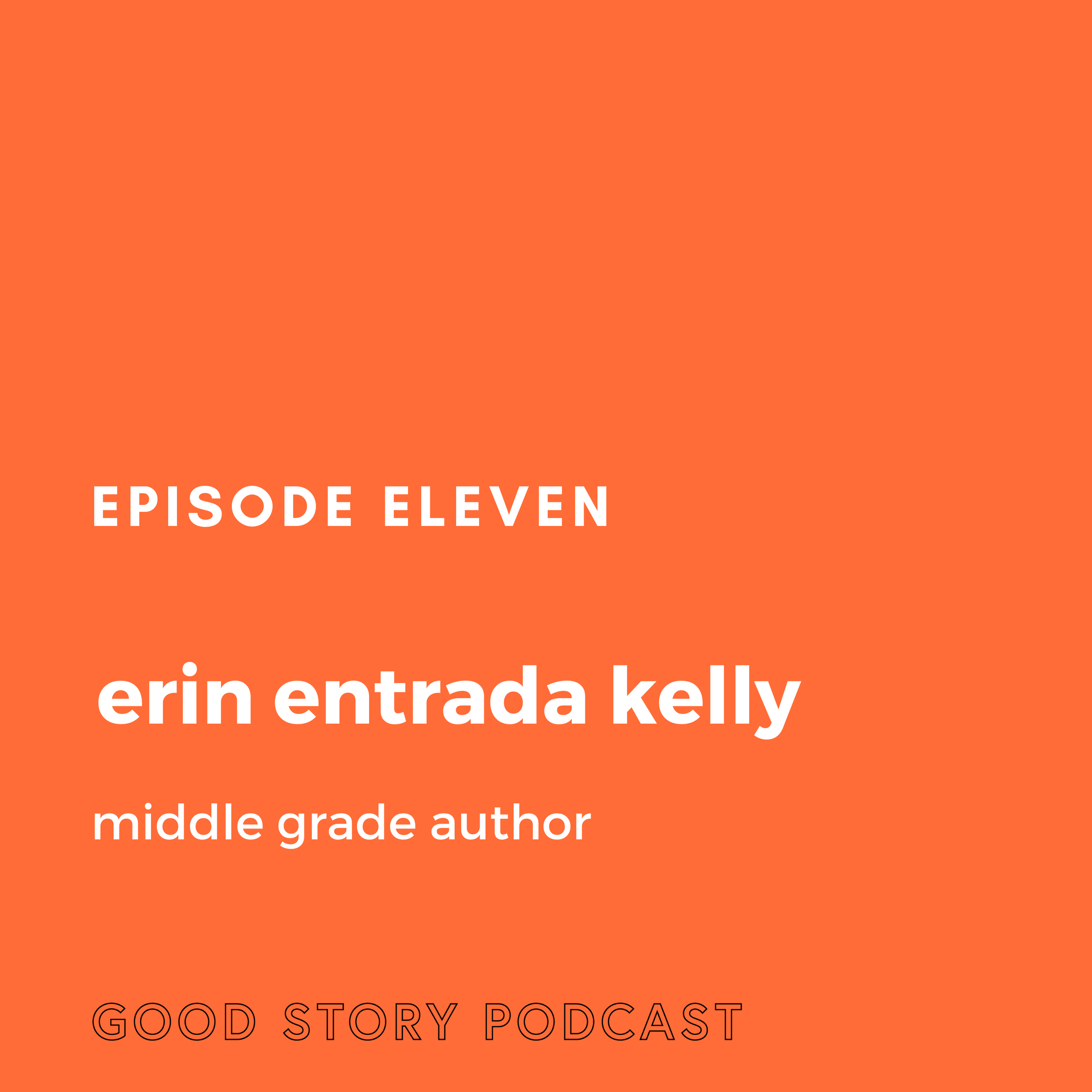
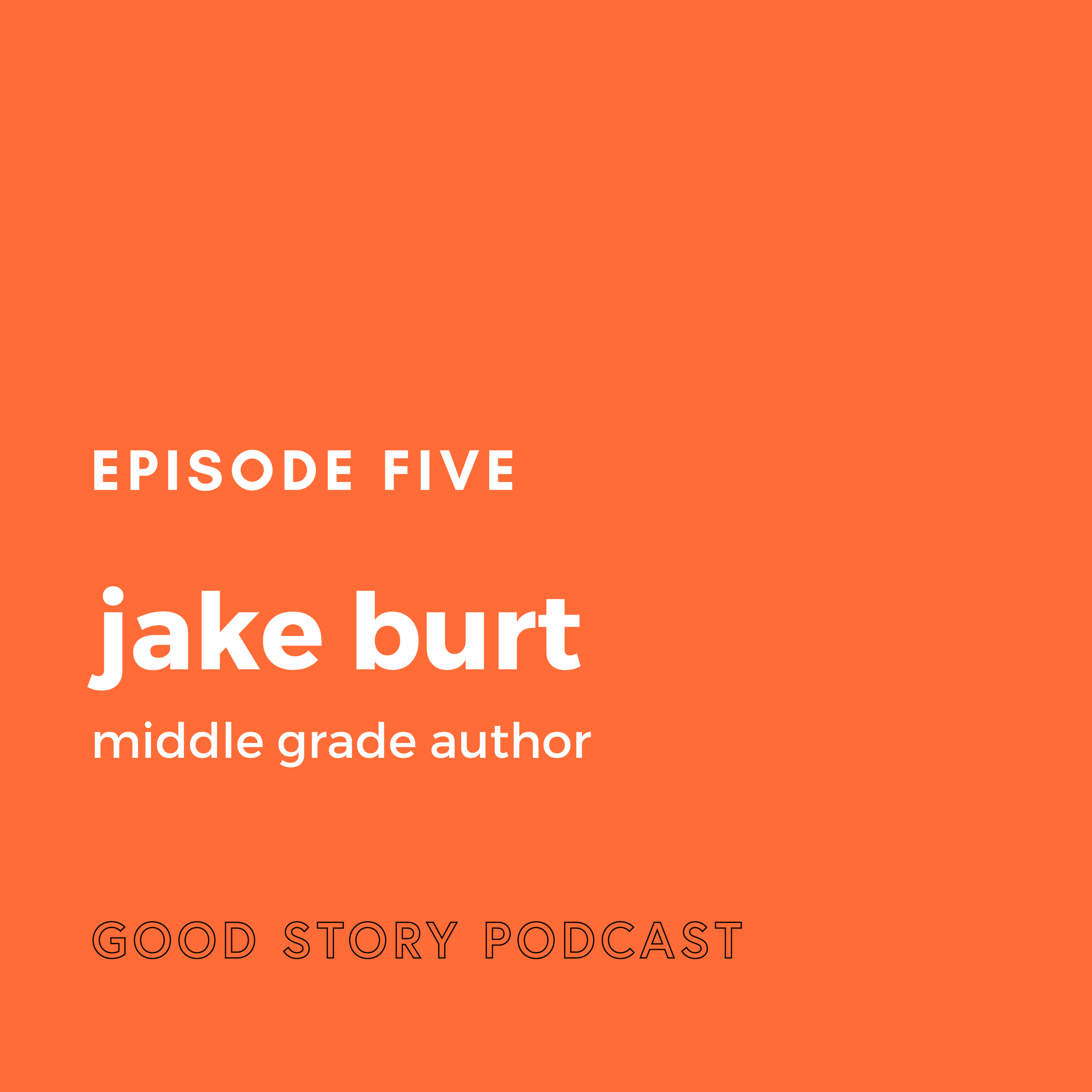

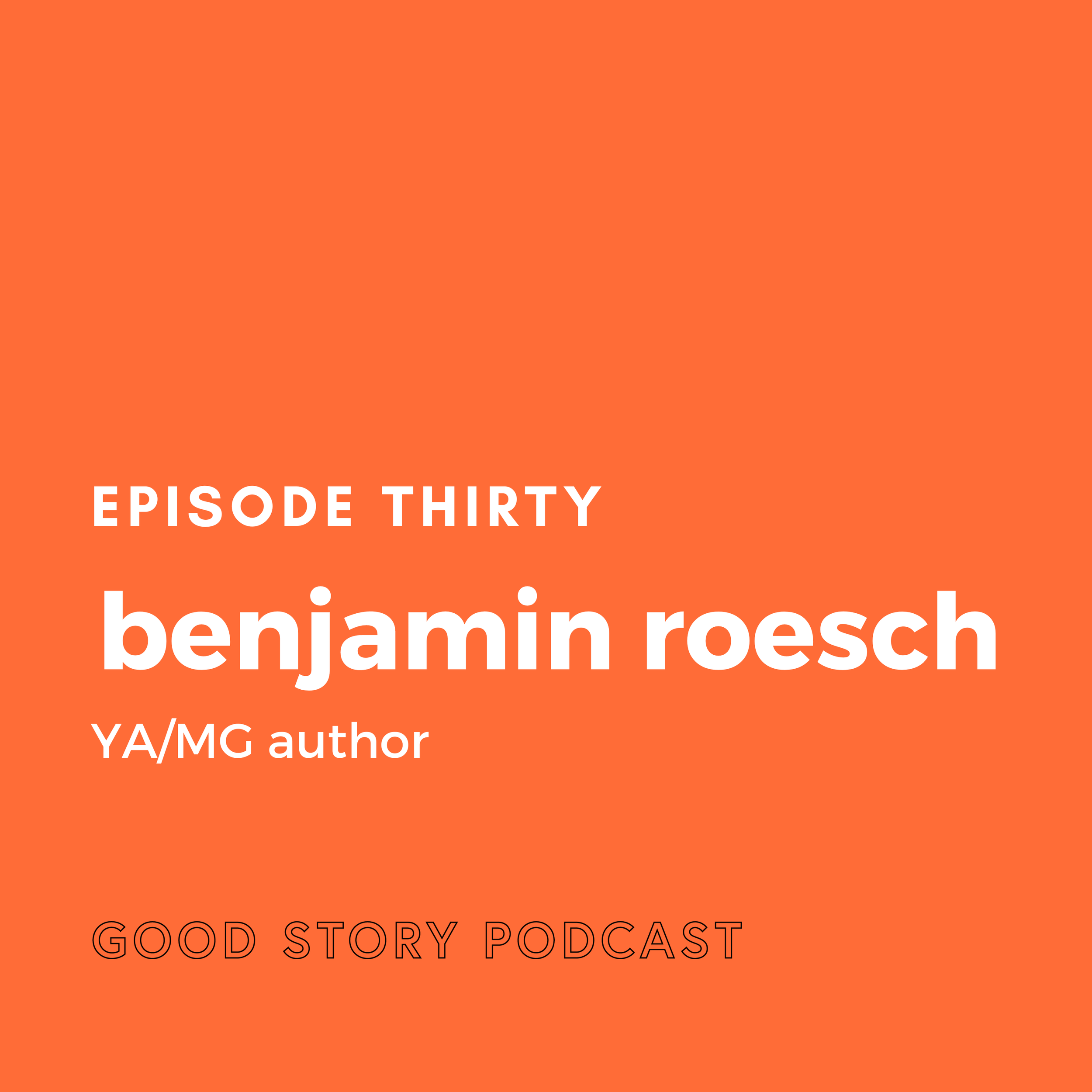
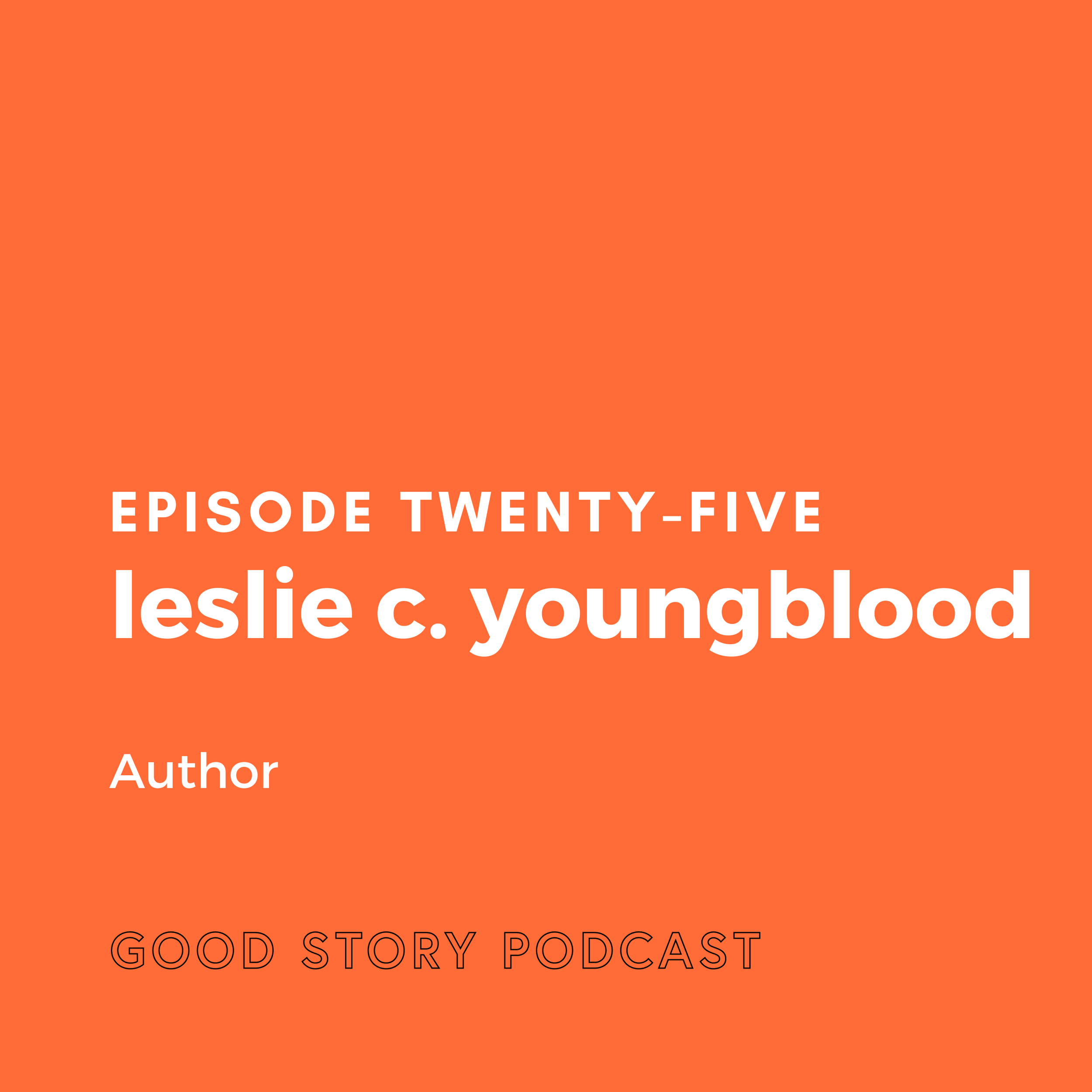
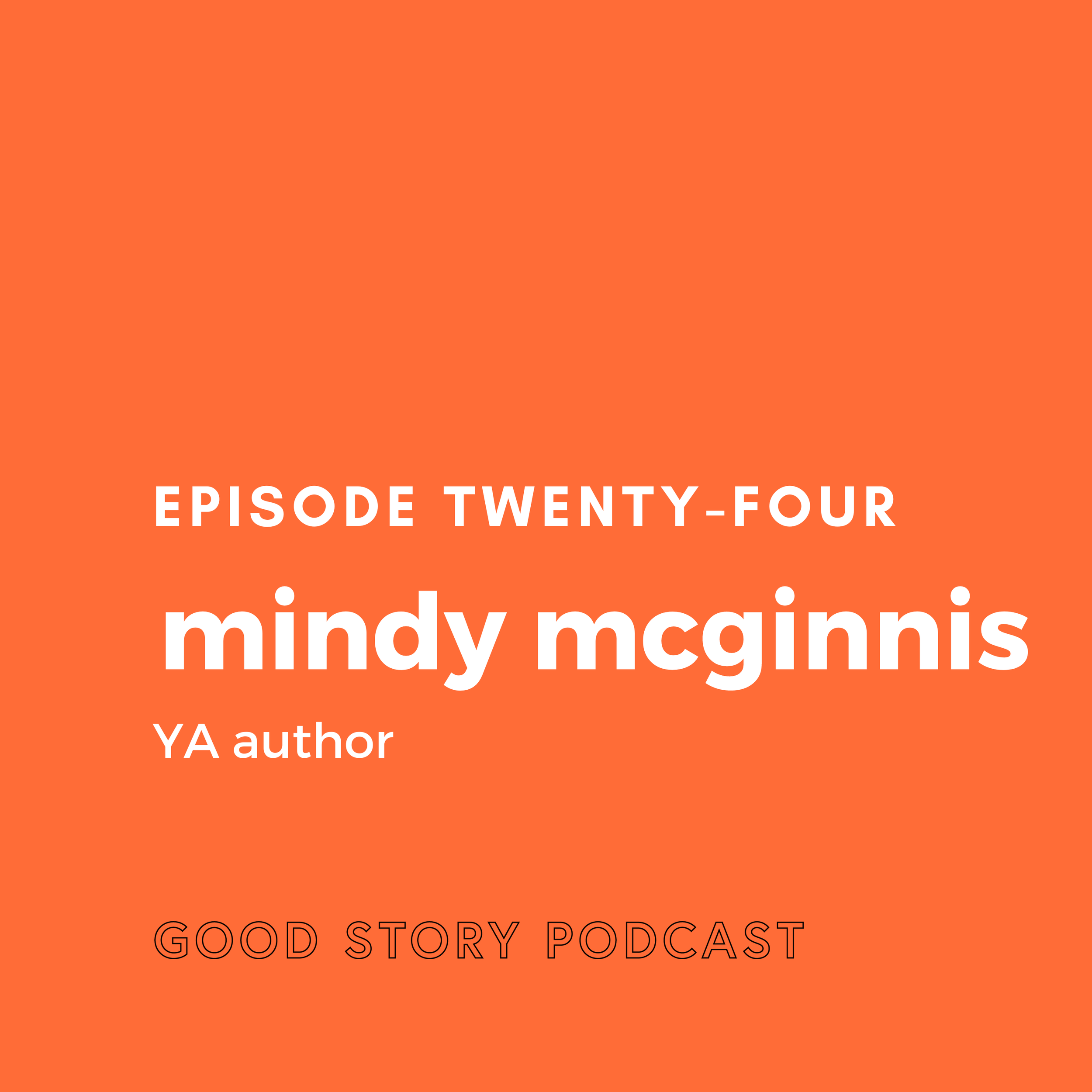
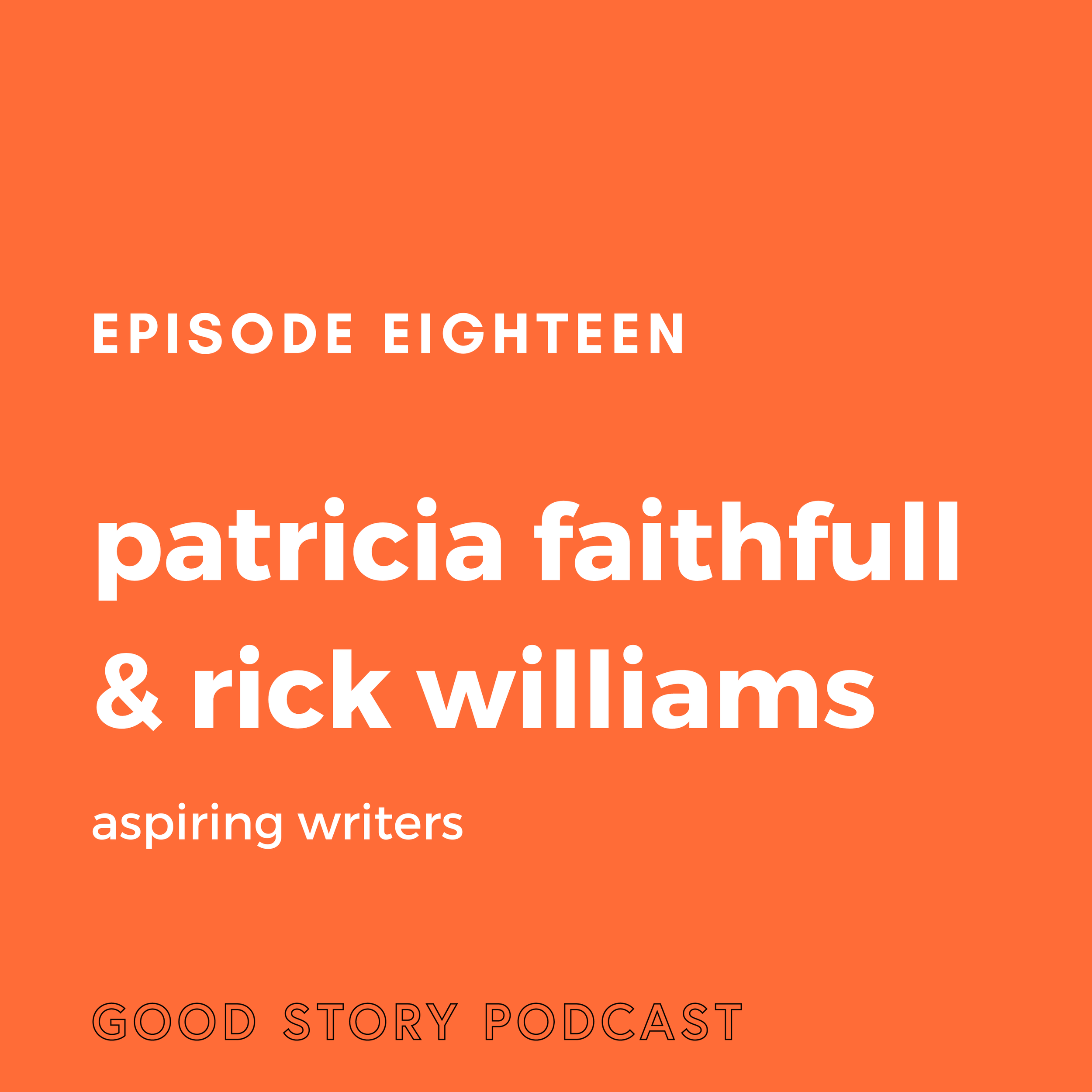


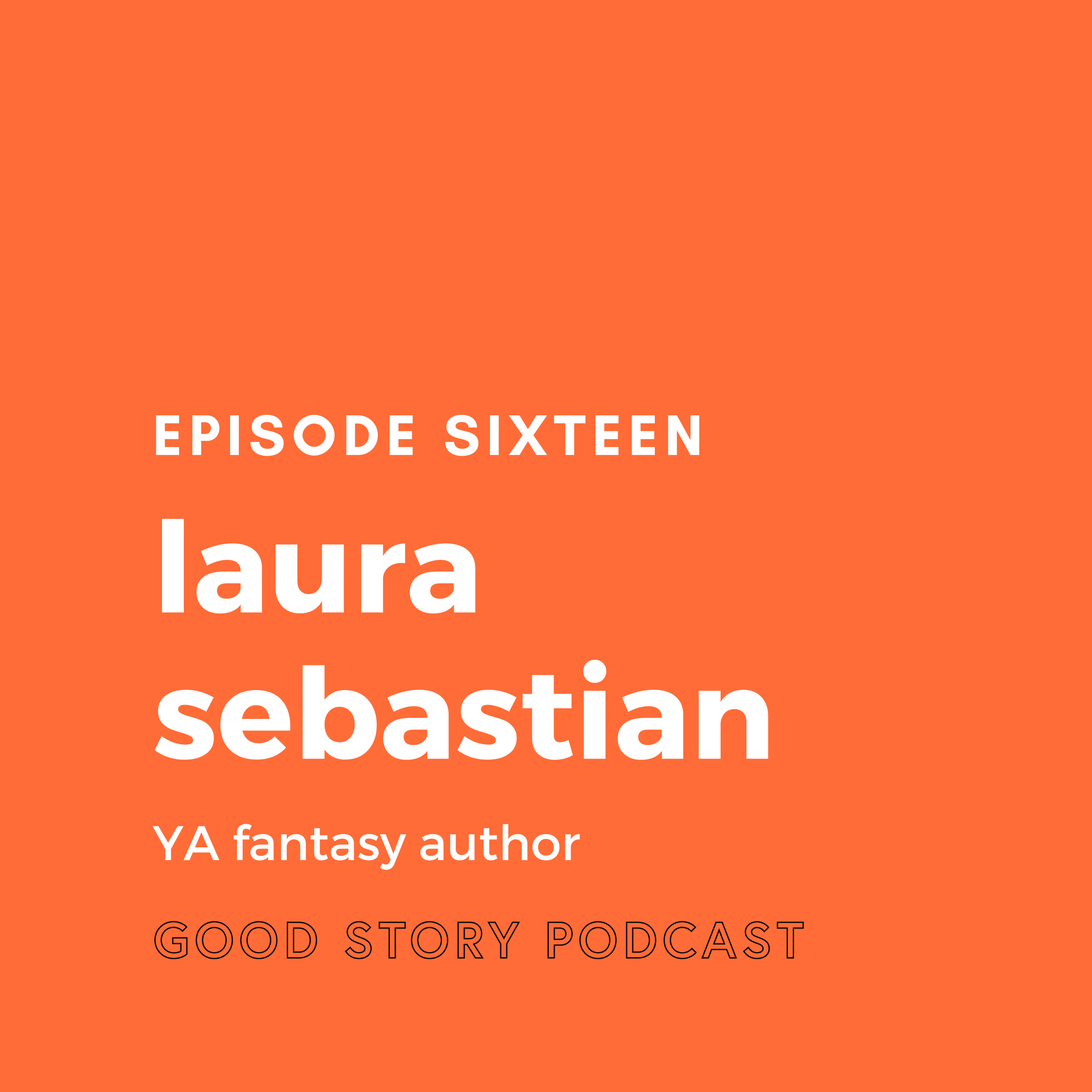





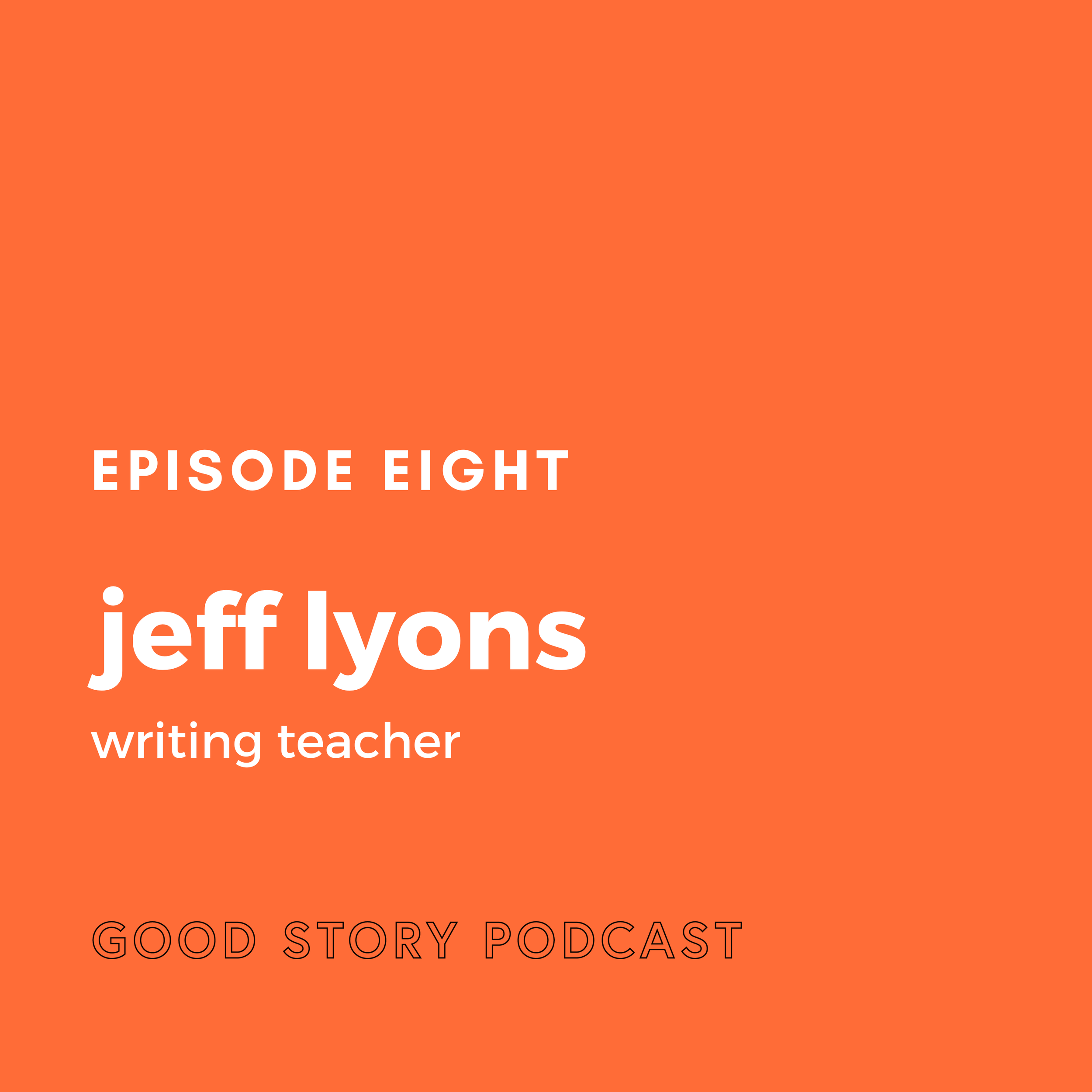




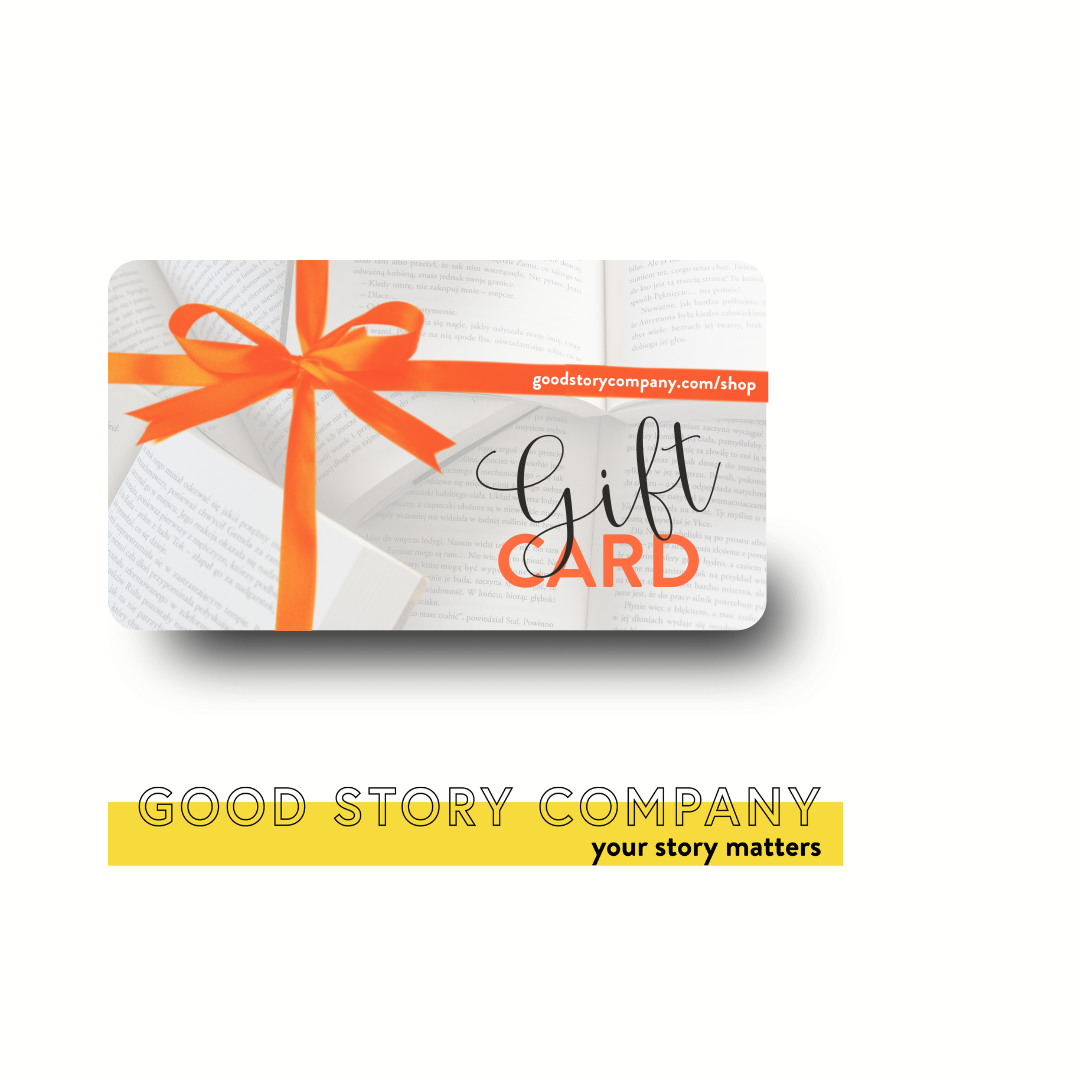

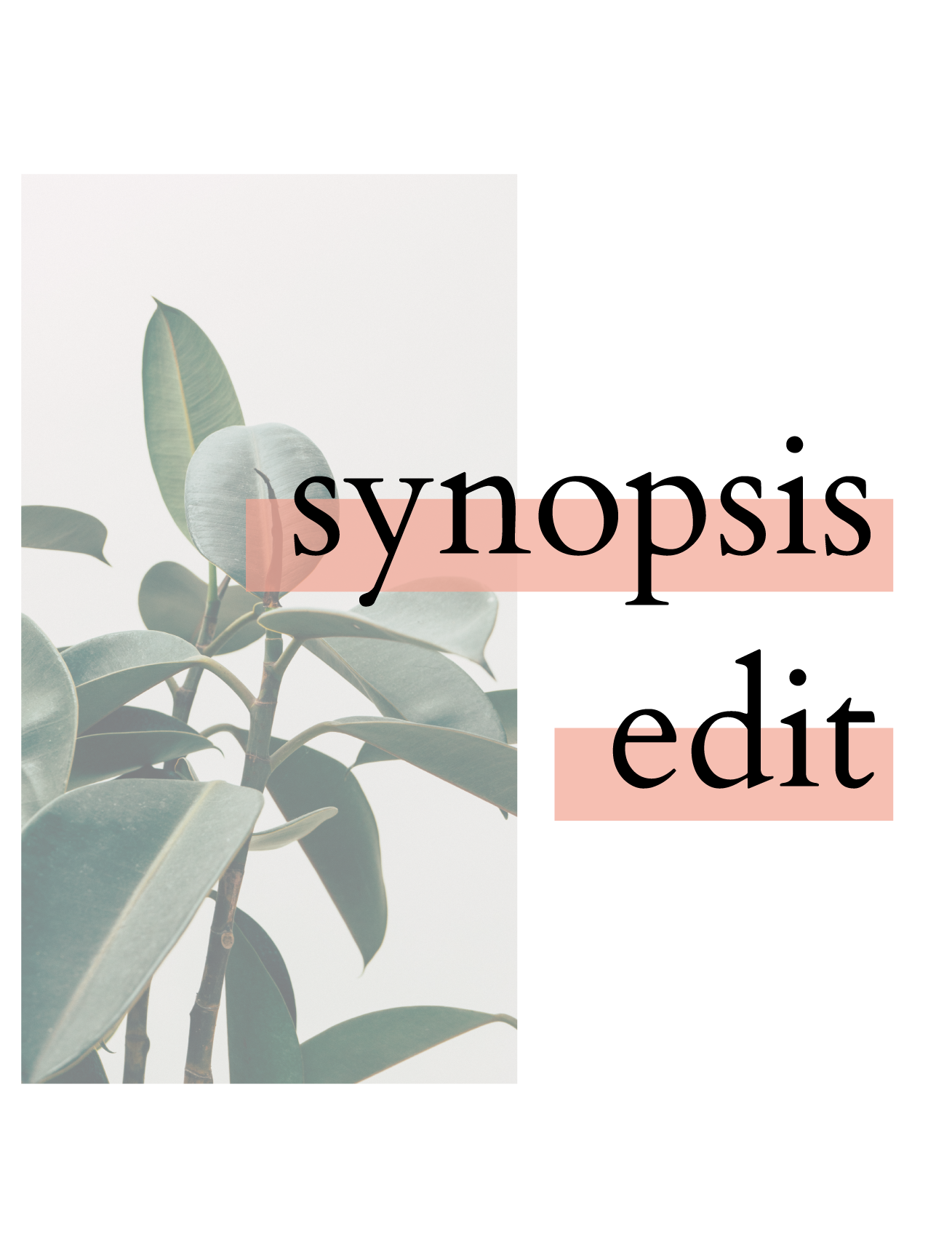






What’s the secret behind designing a bestselling YA book cover? Casey Moses, an Assistant Art Director at Penguin Random House, gives us some answers and provides insight into the role of a book cover designer. Listen to our in-depth conversation to learn about designing typography, special edition production, and the unusual methods for achieving perfect photoshoot conditions.